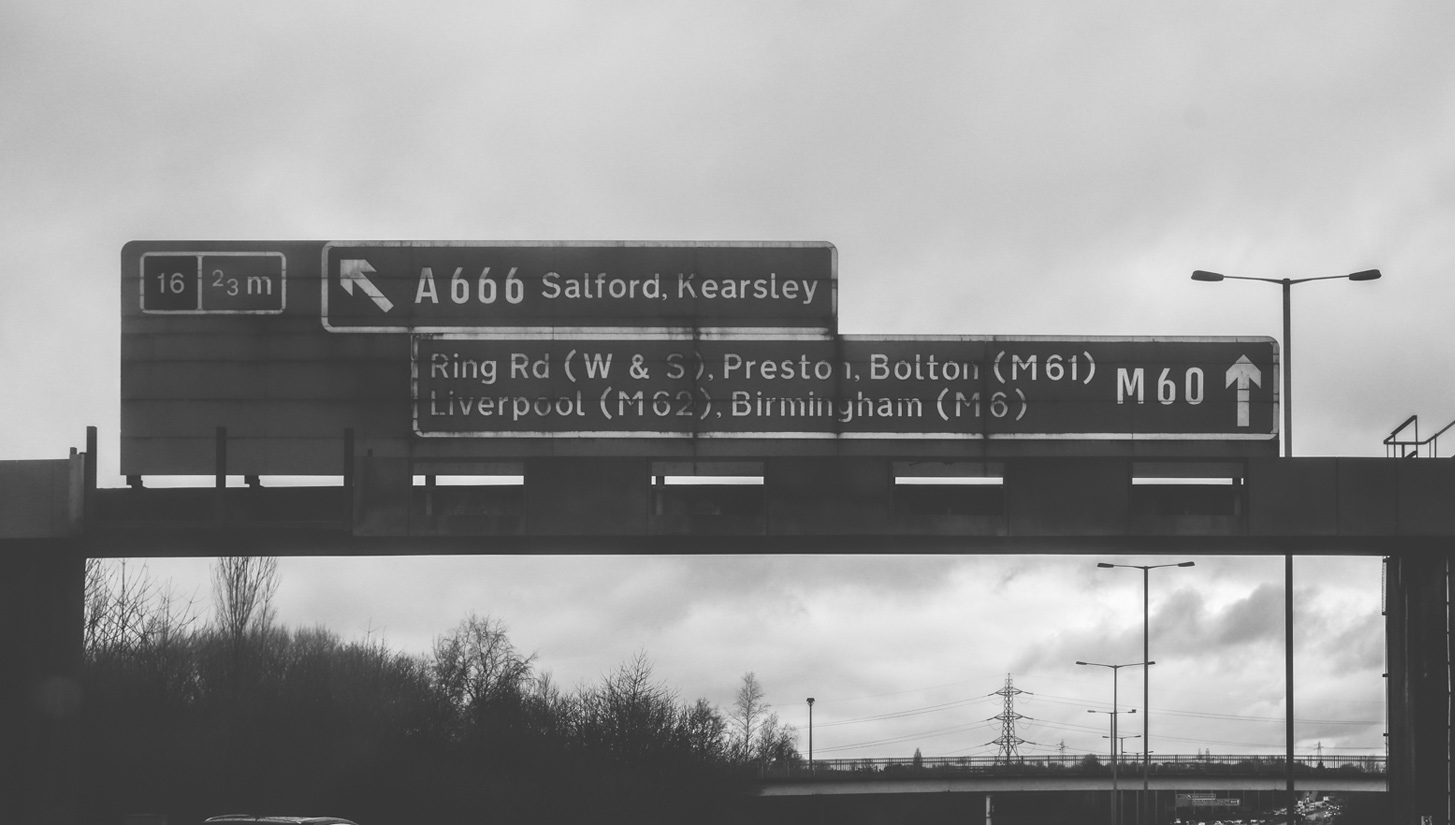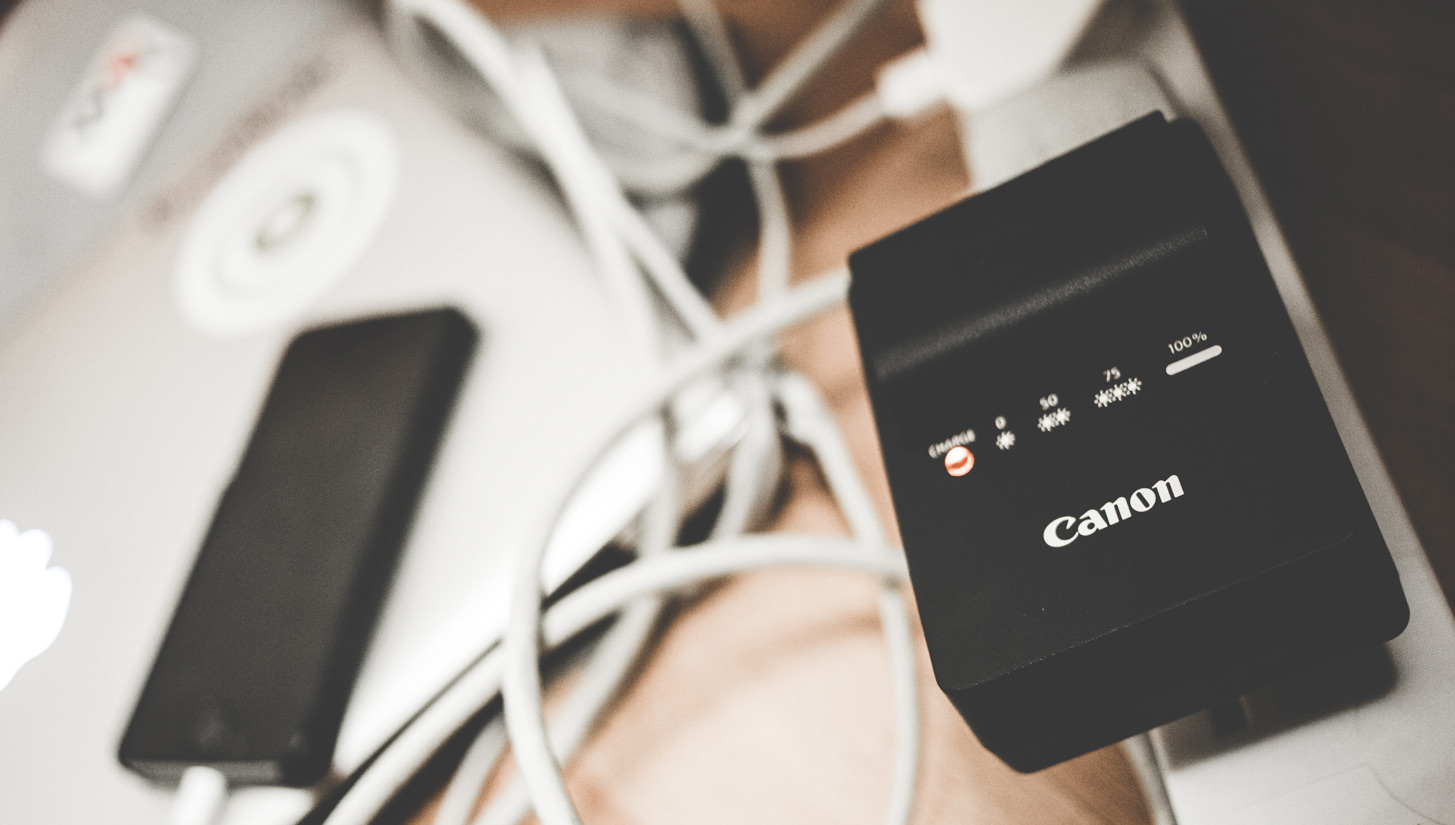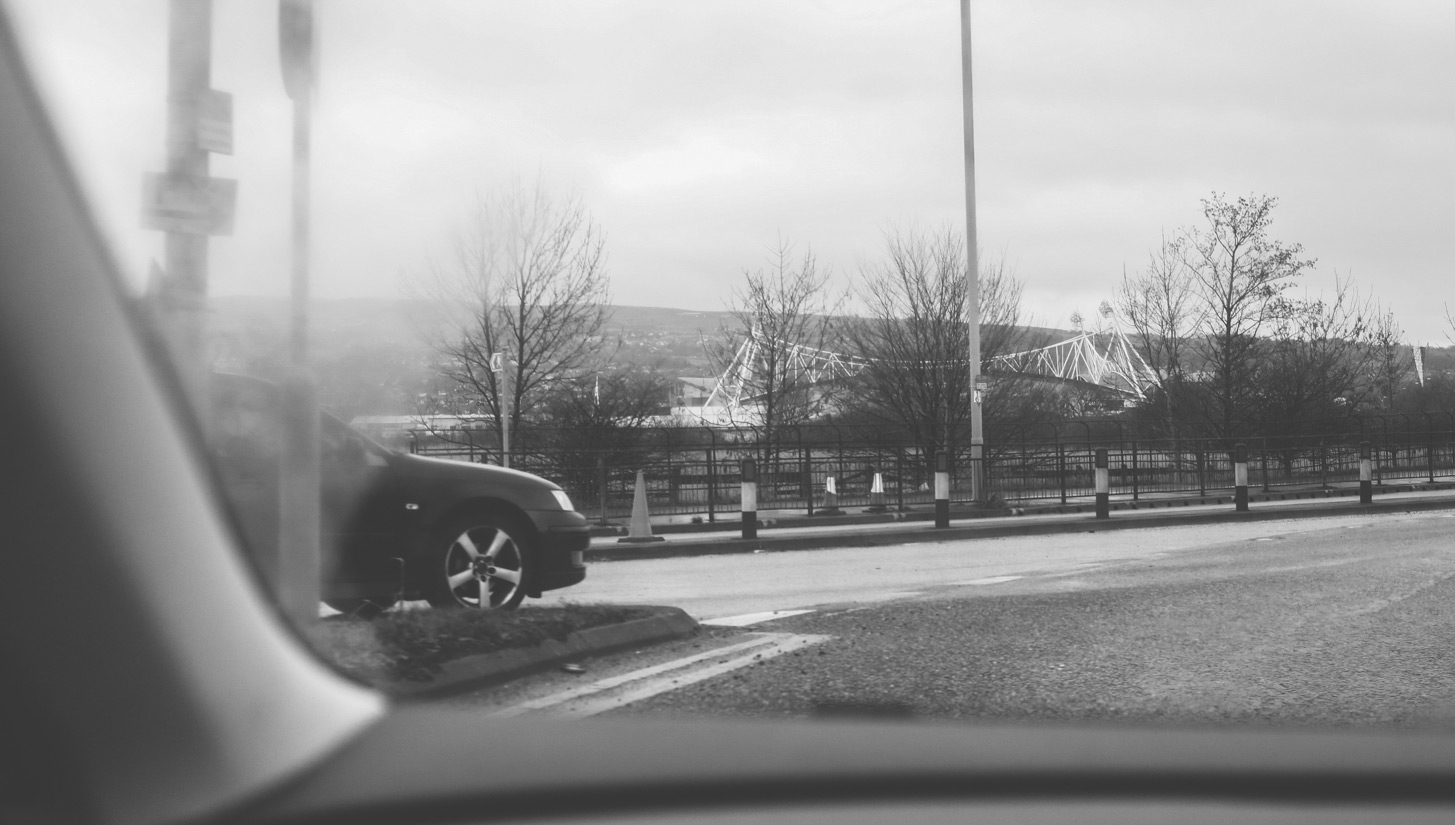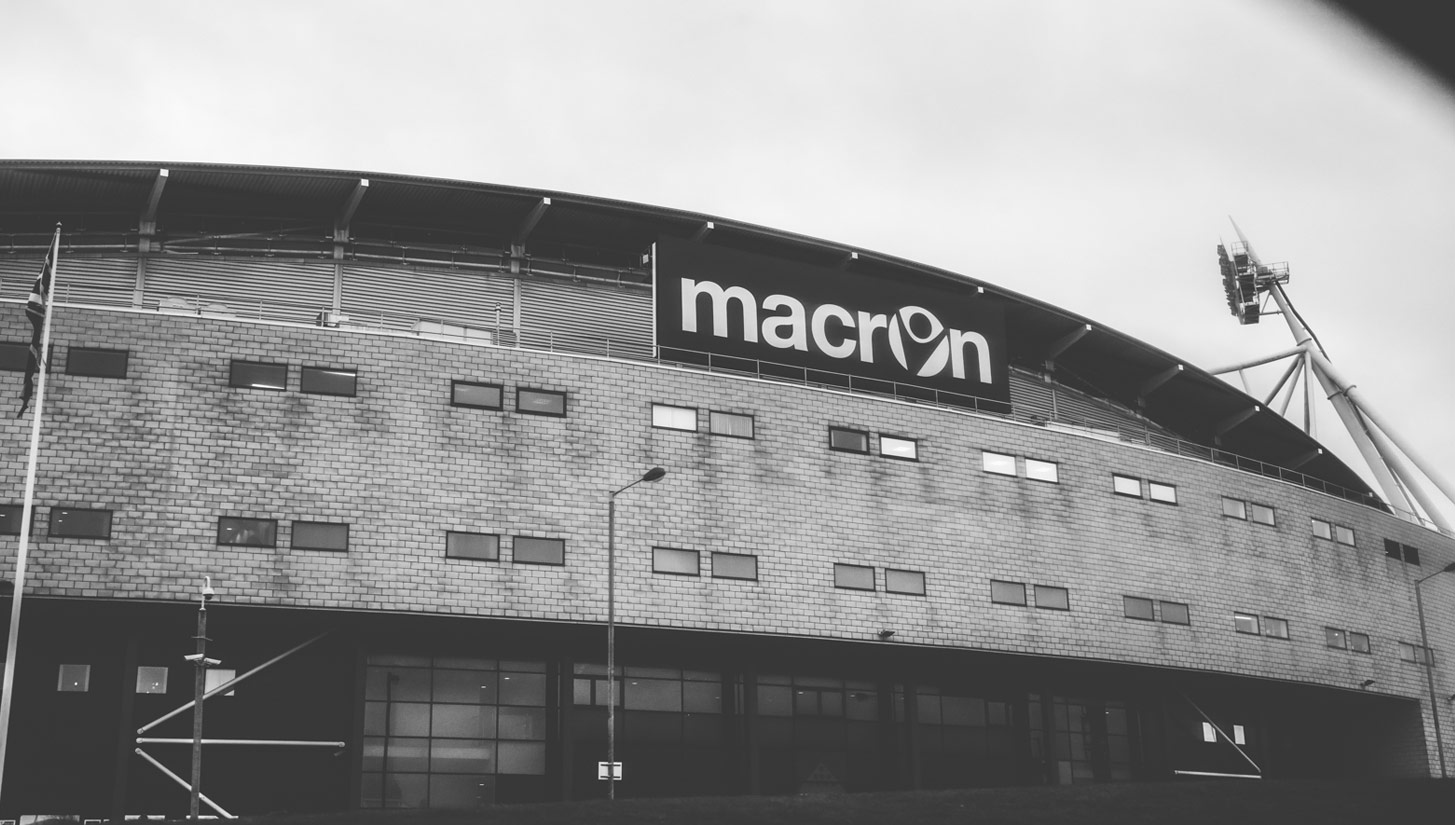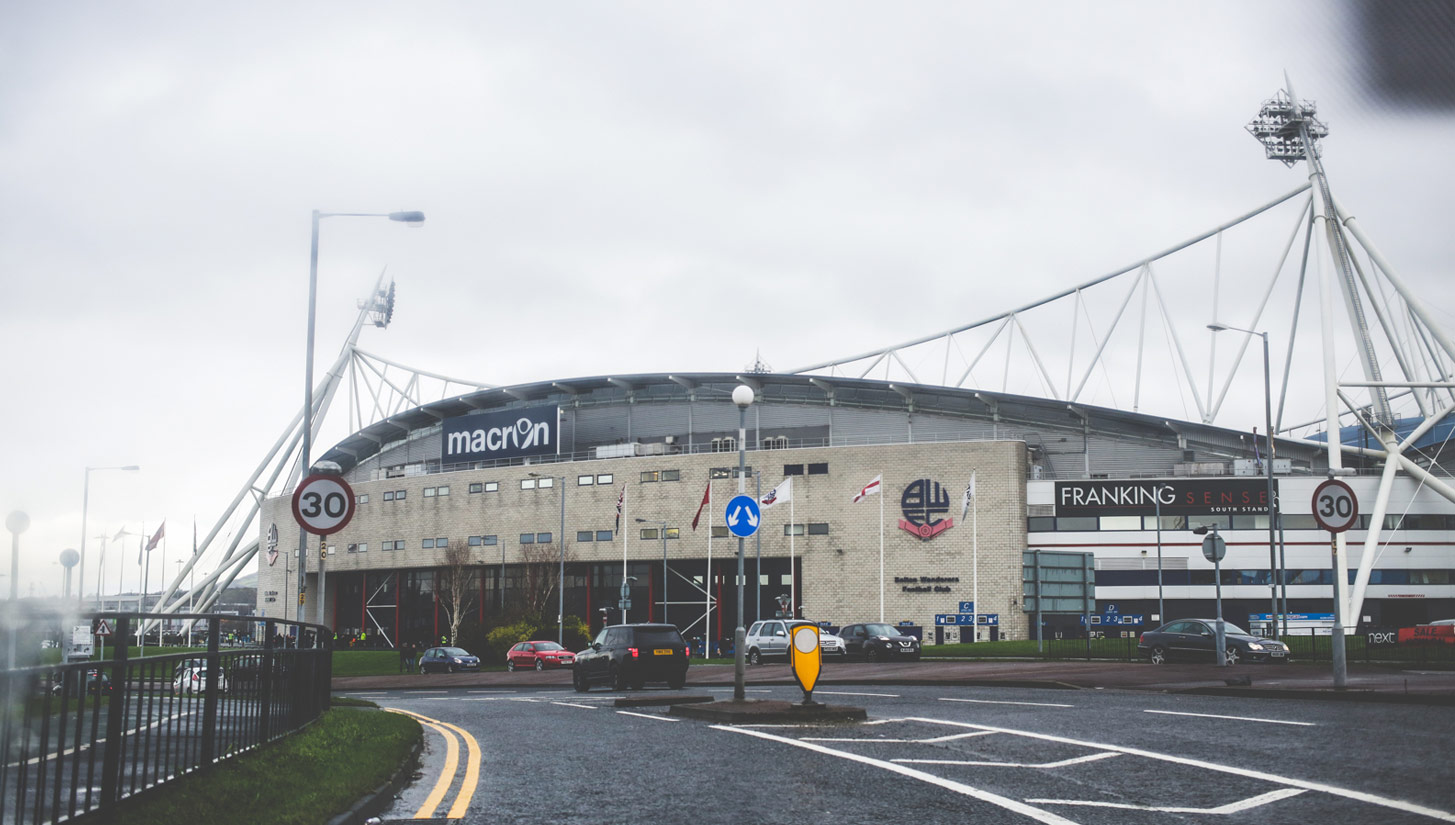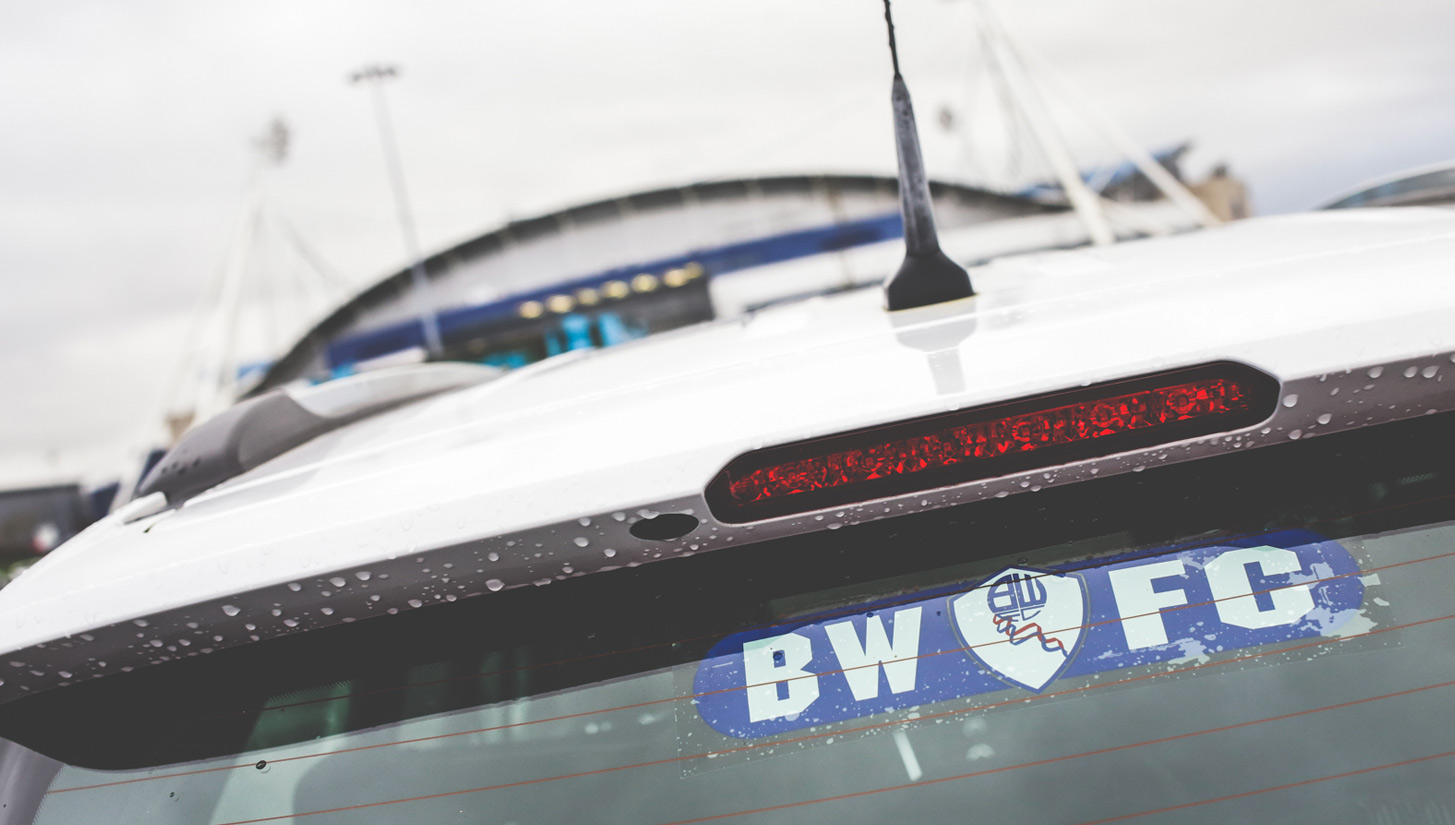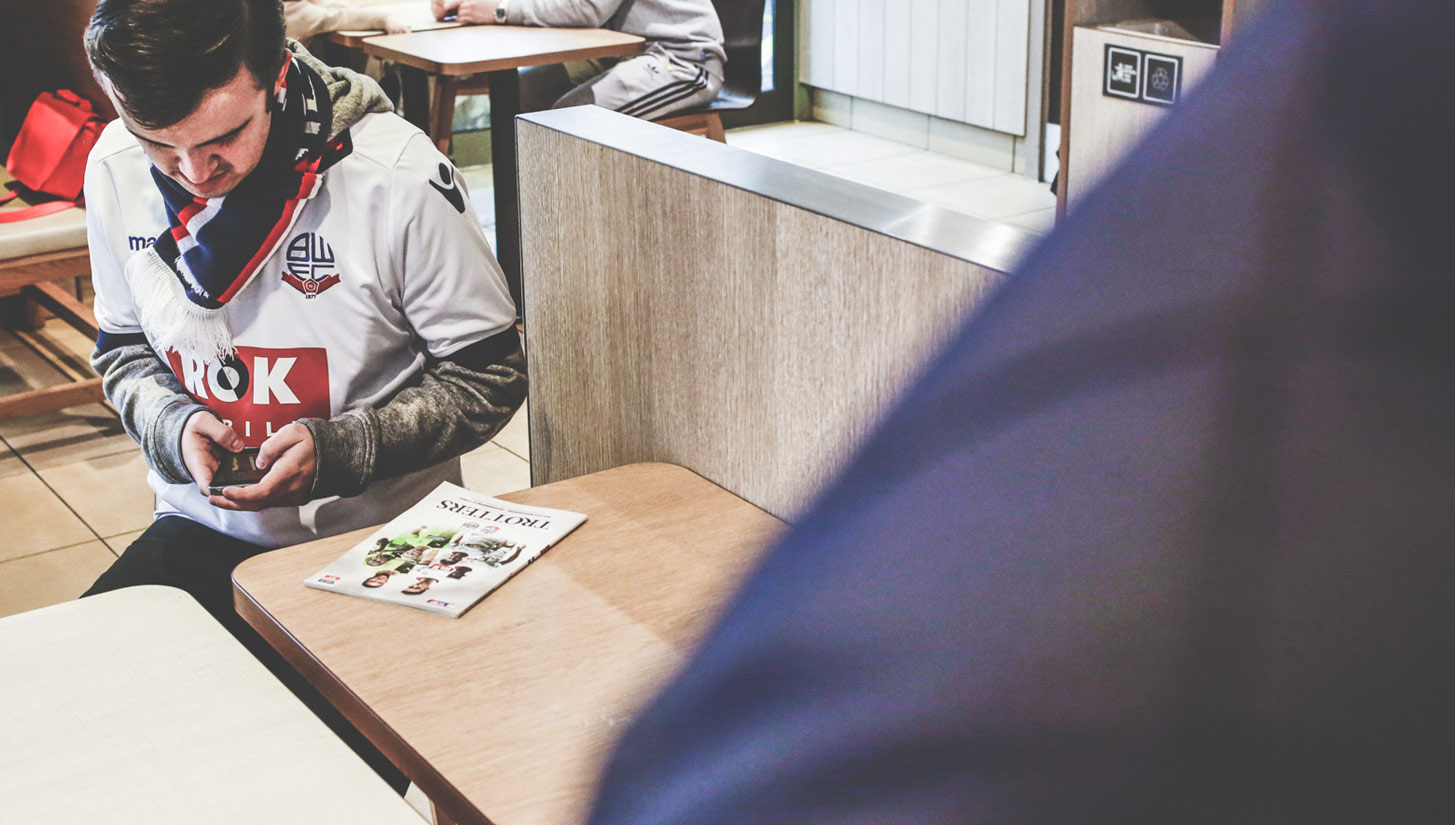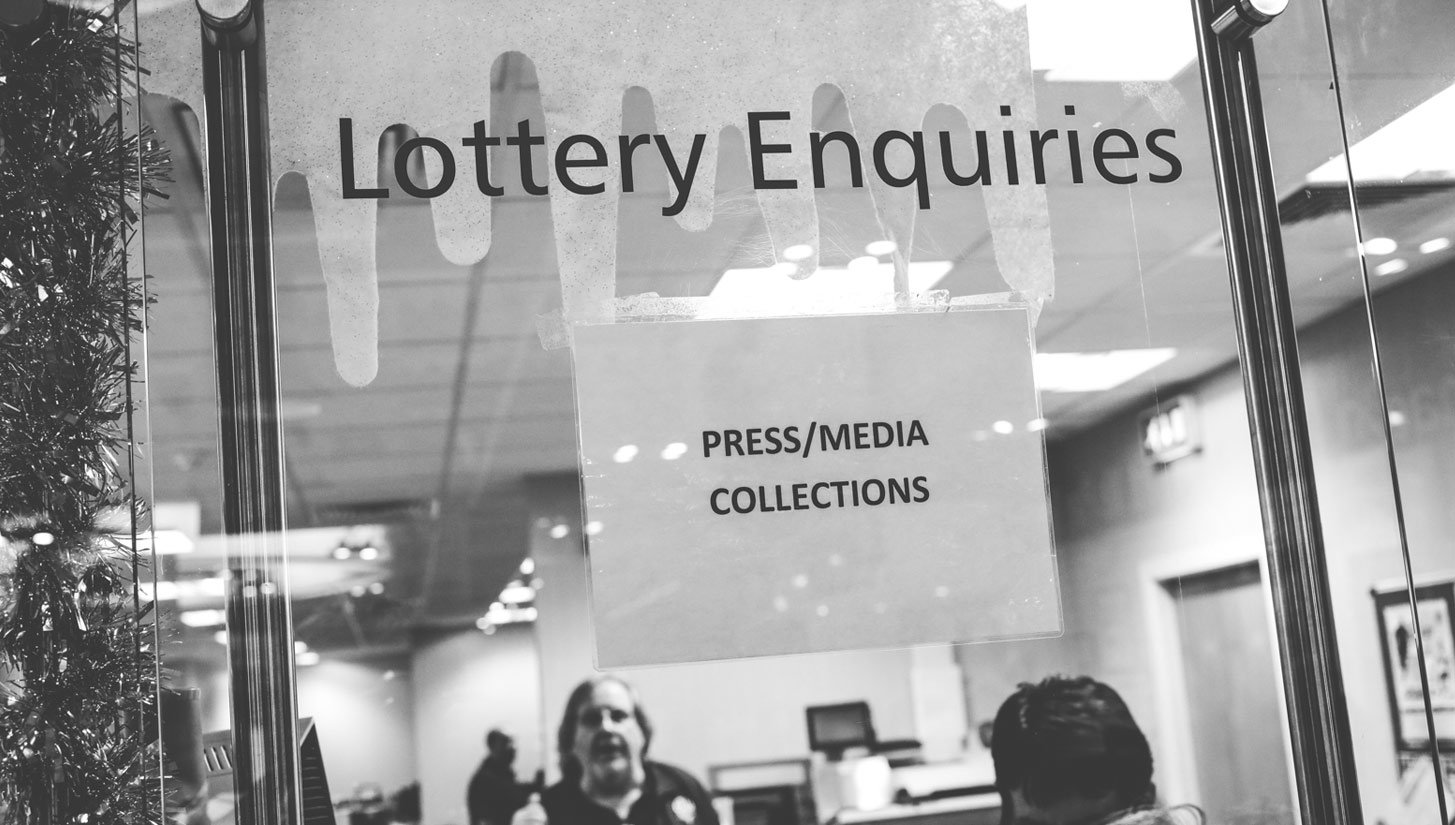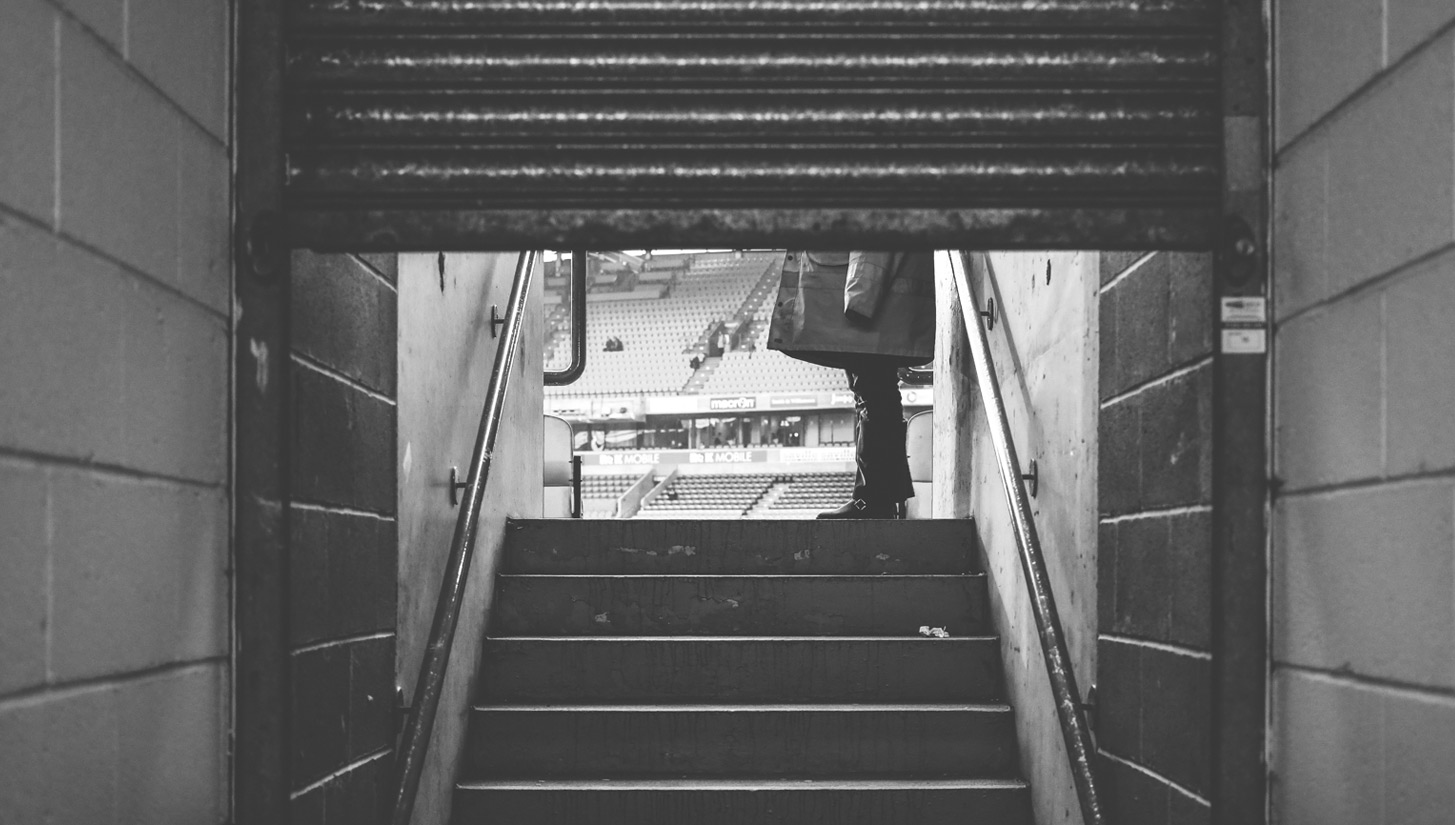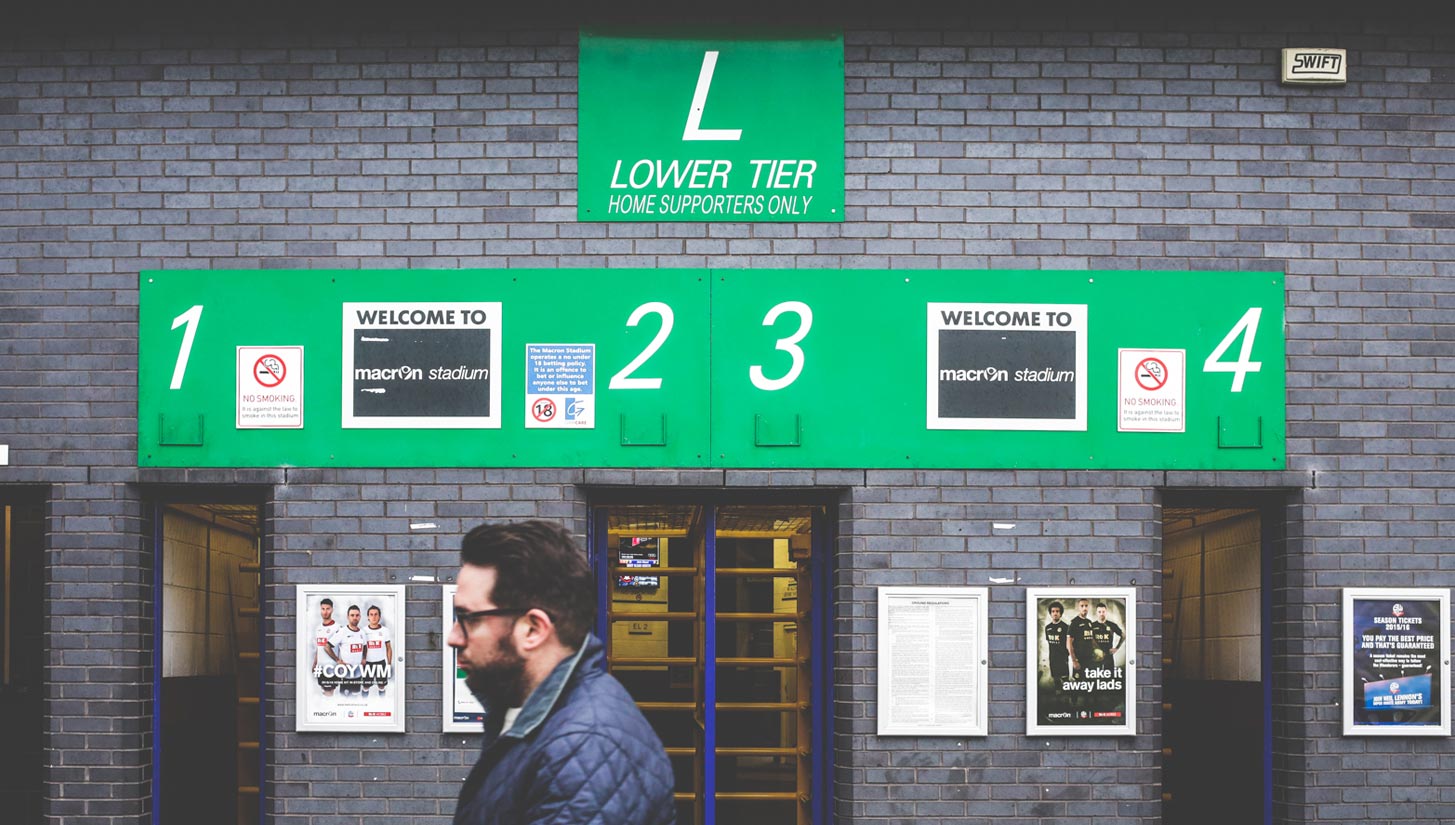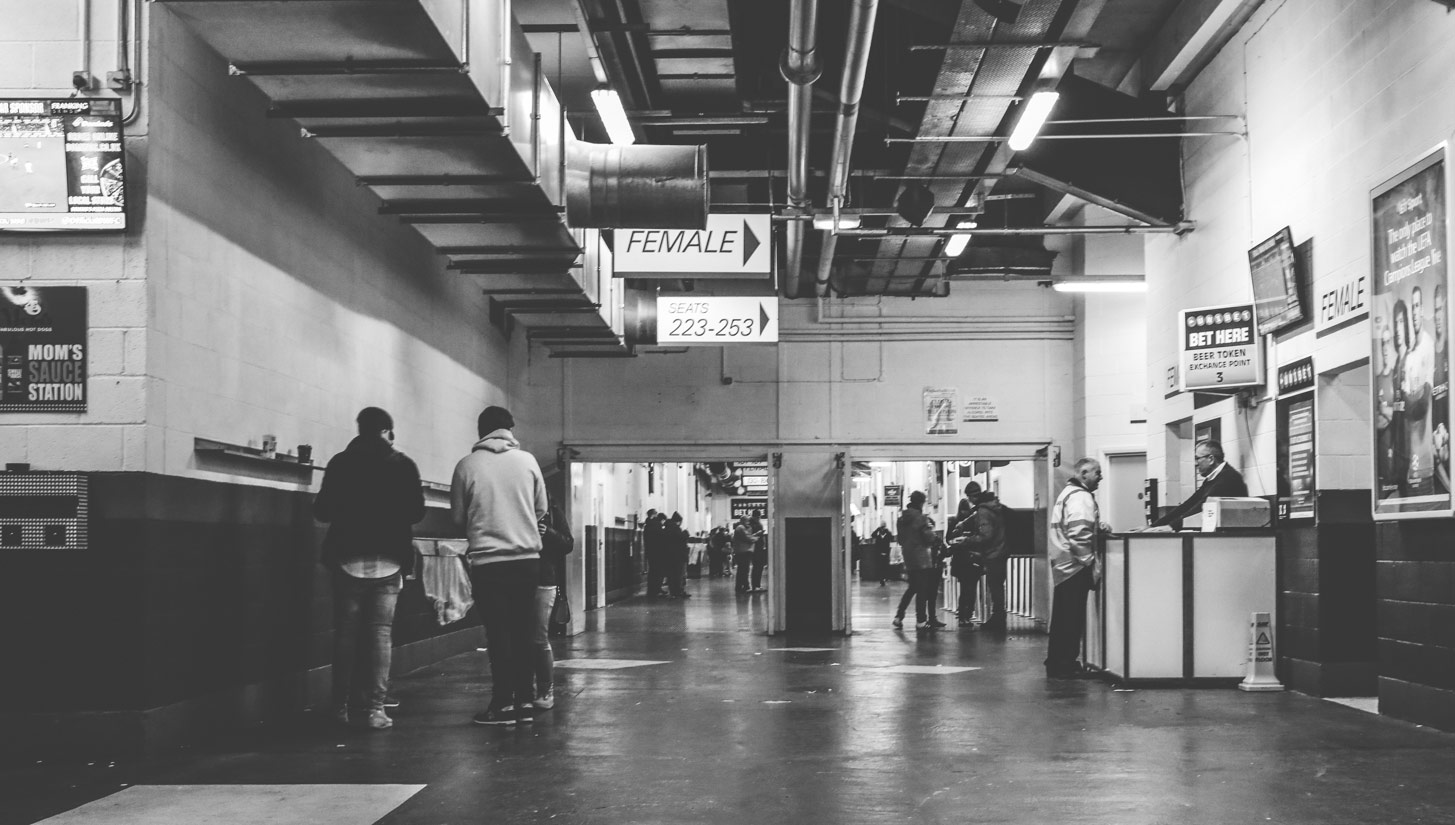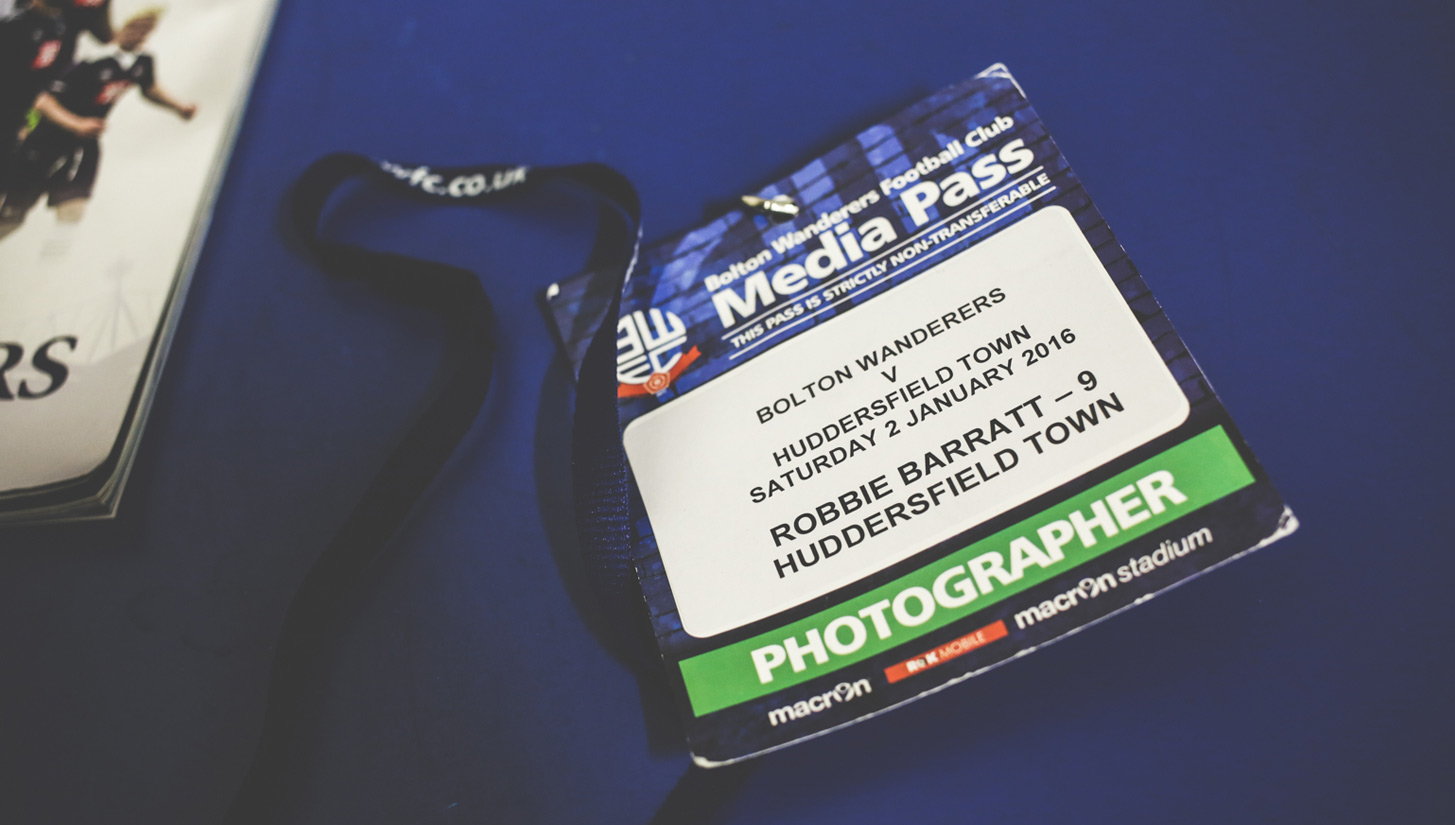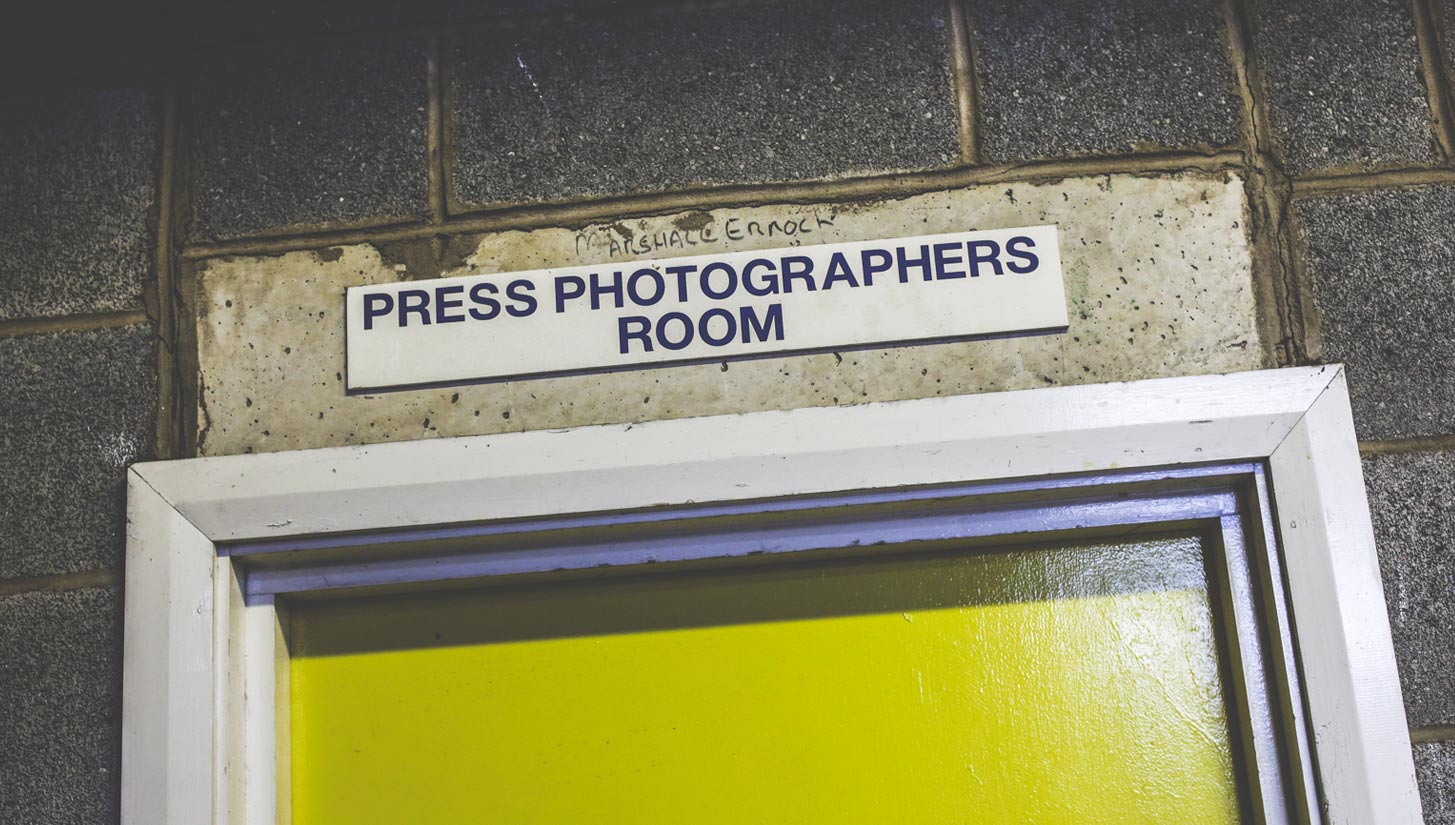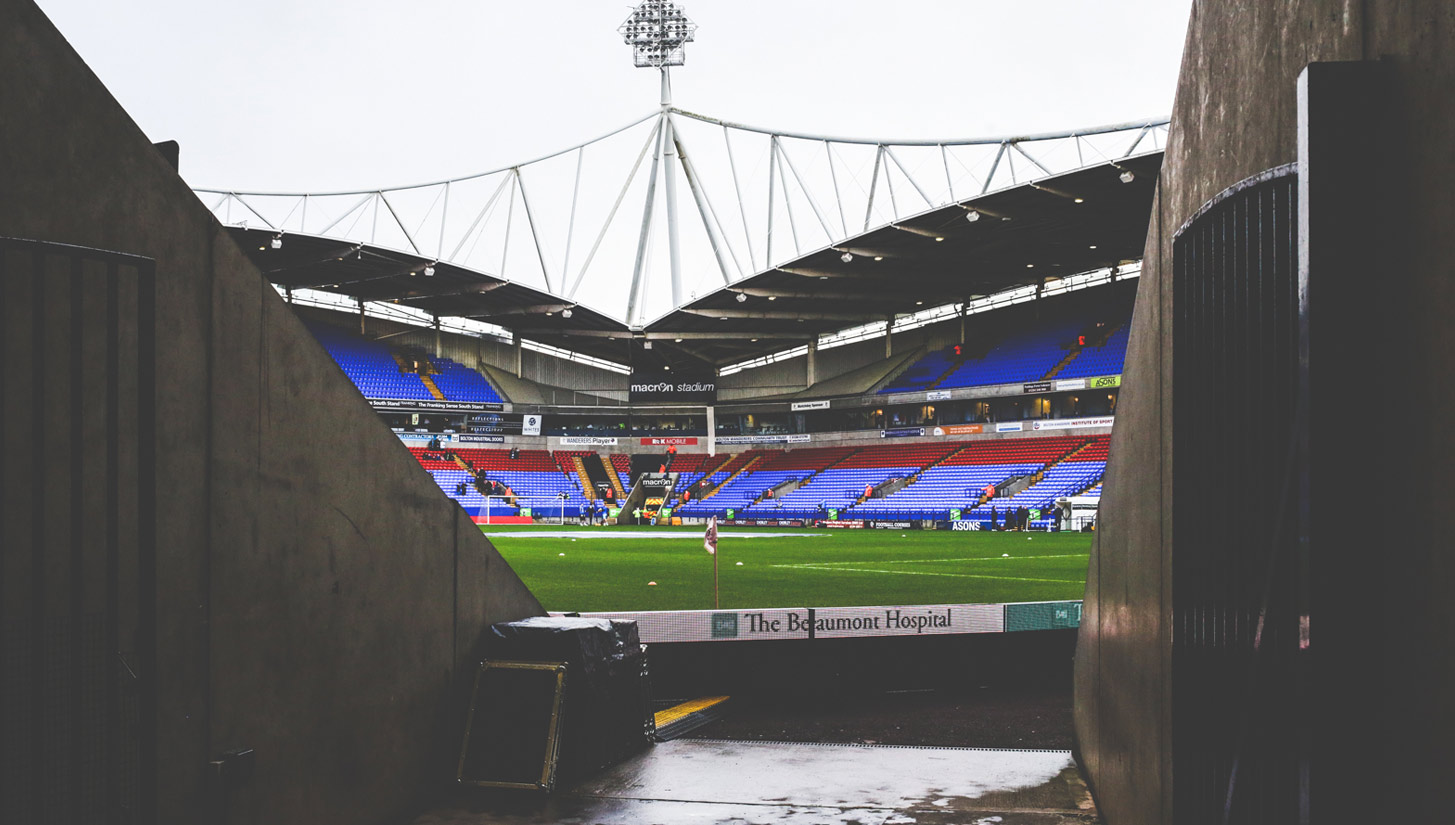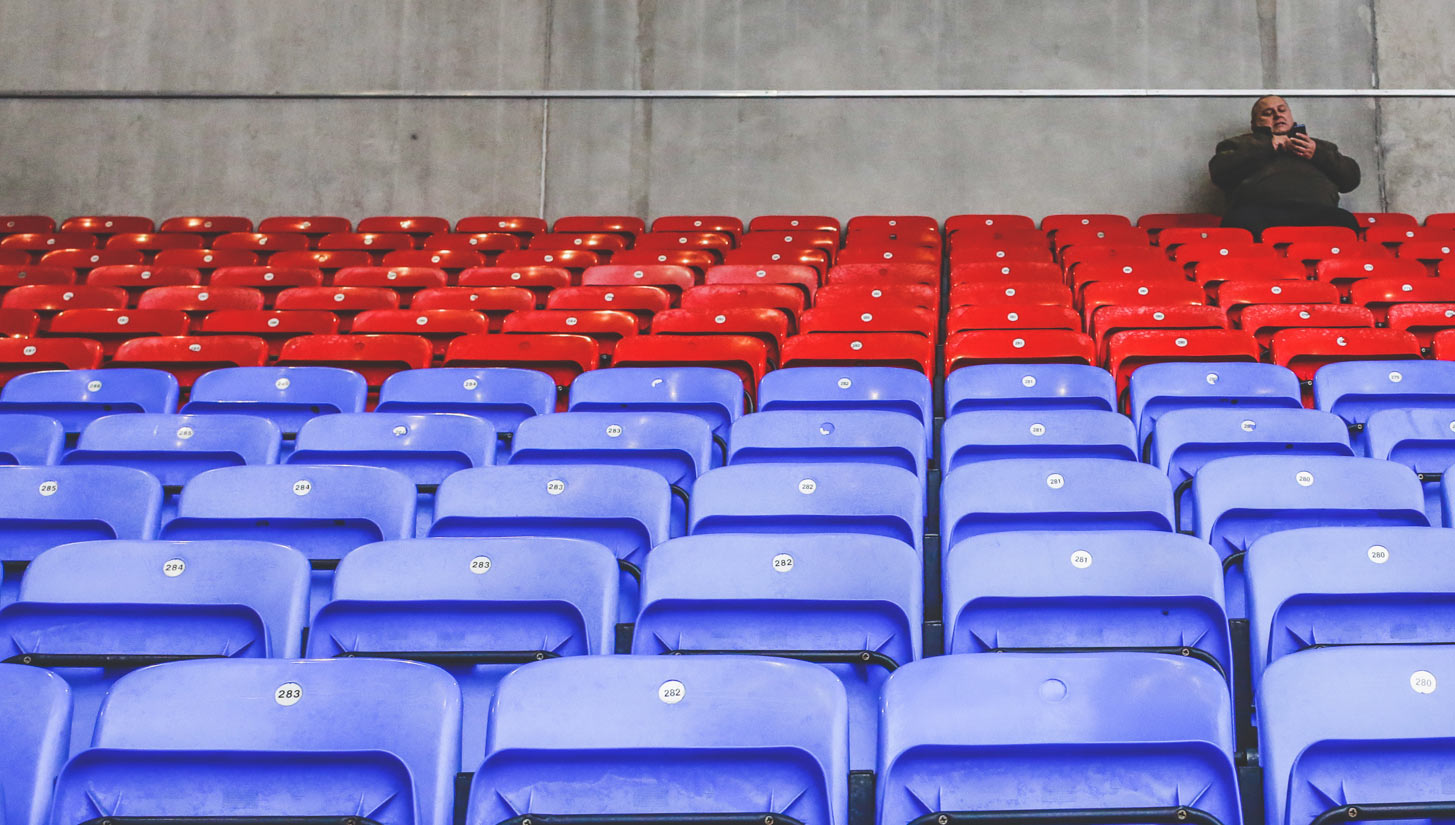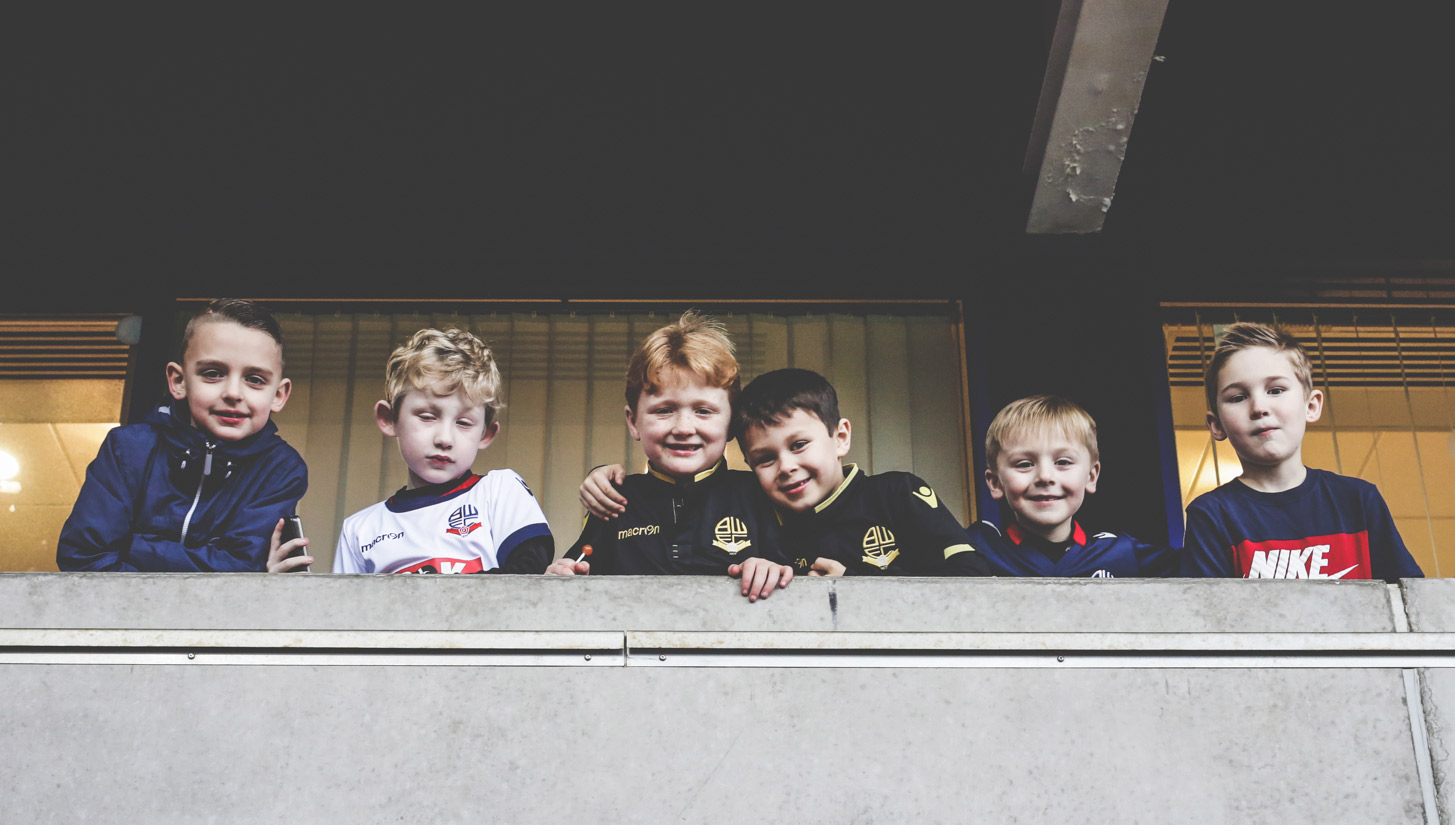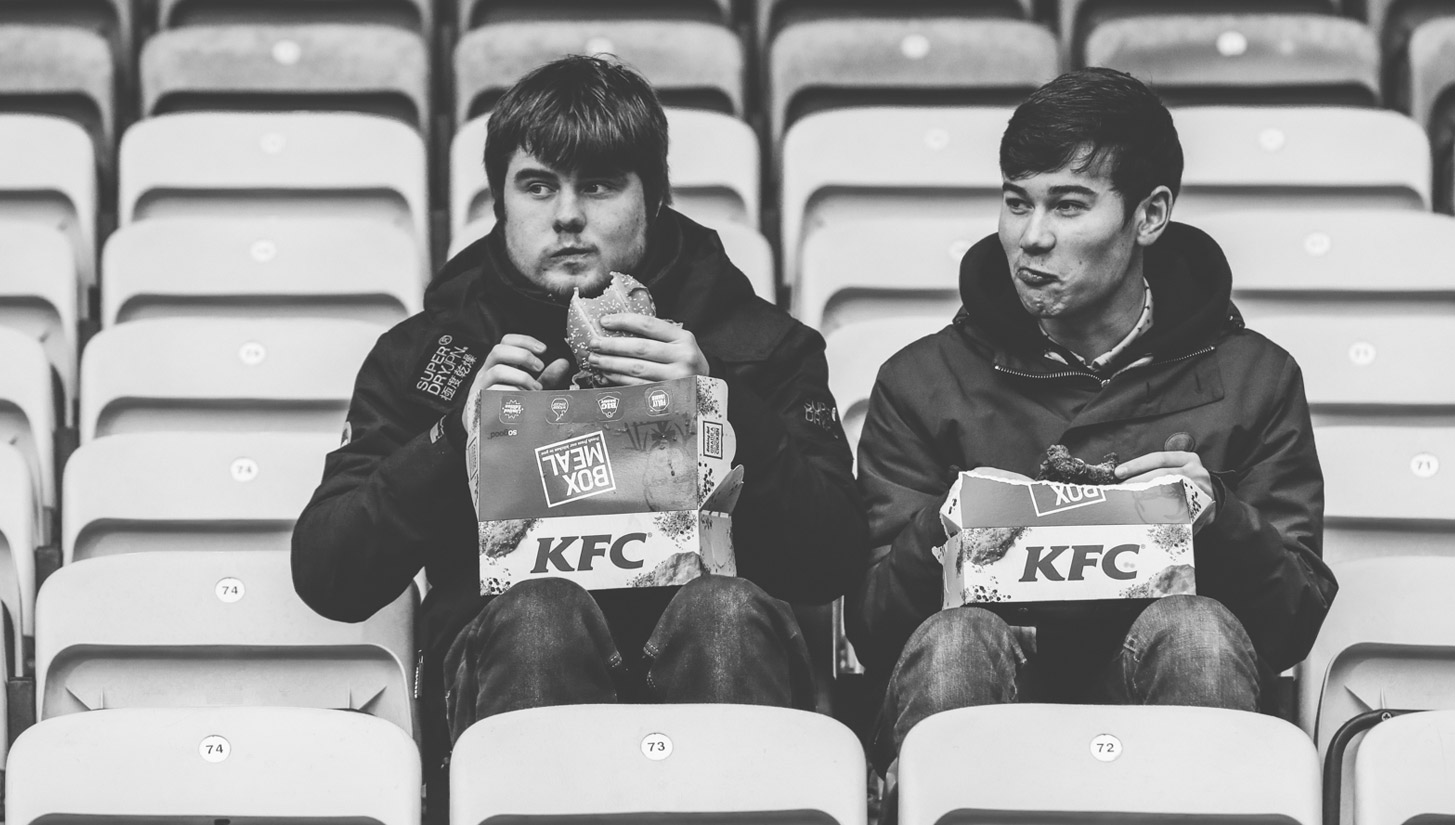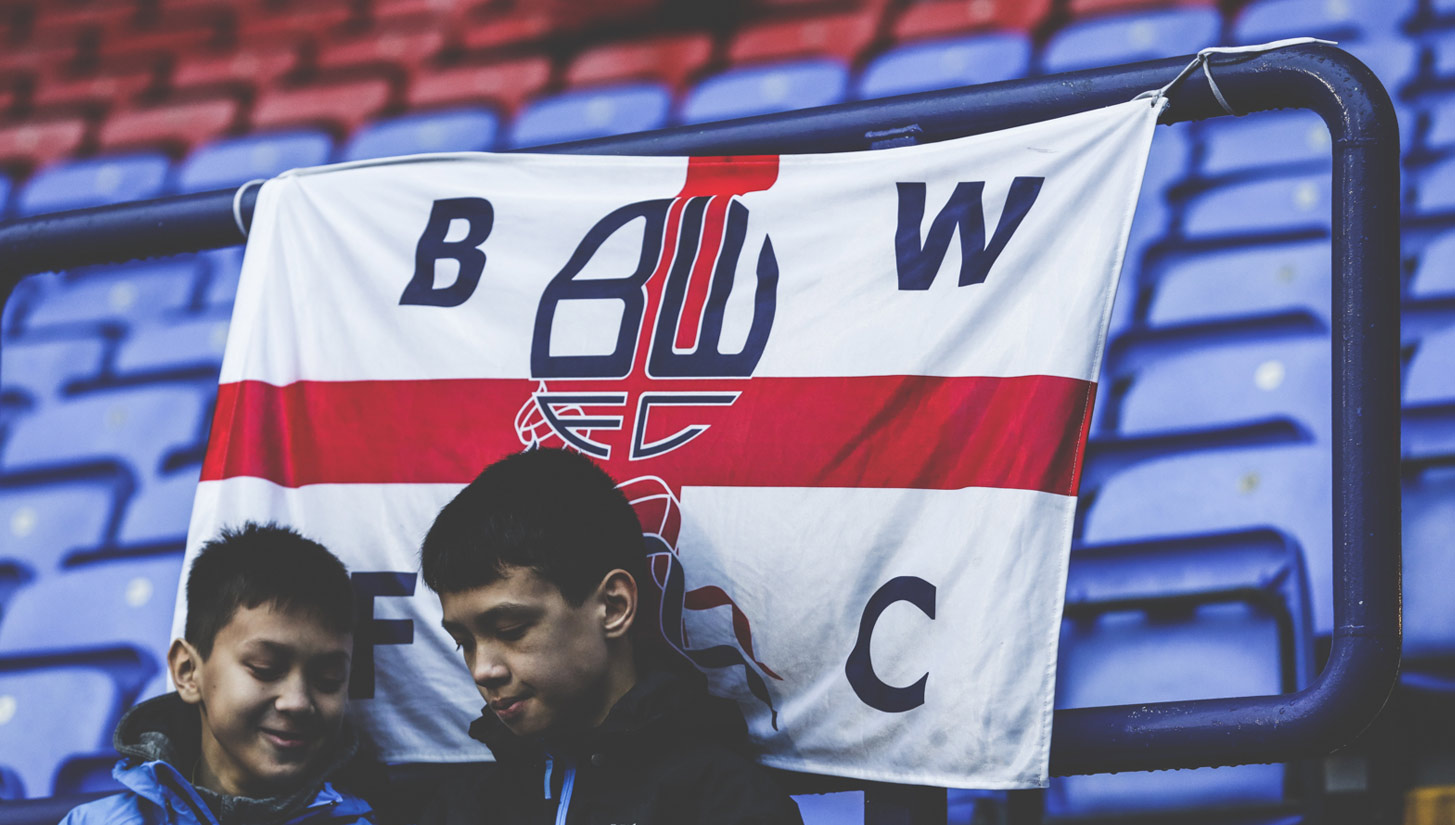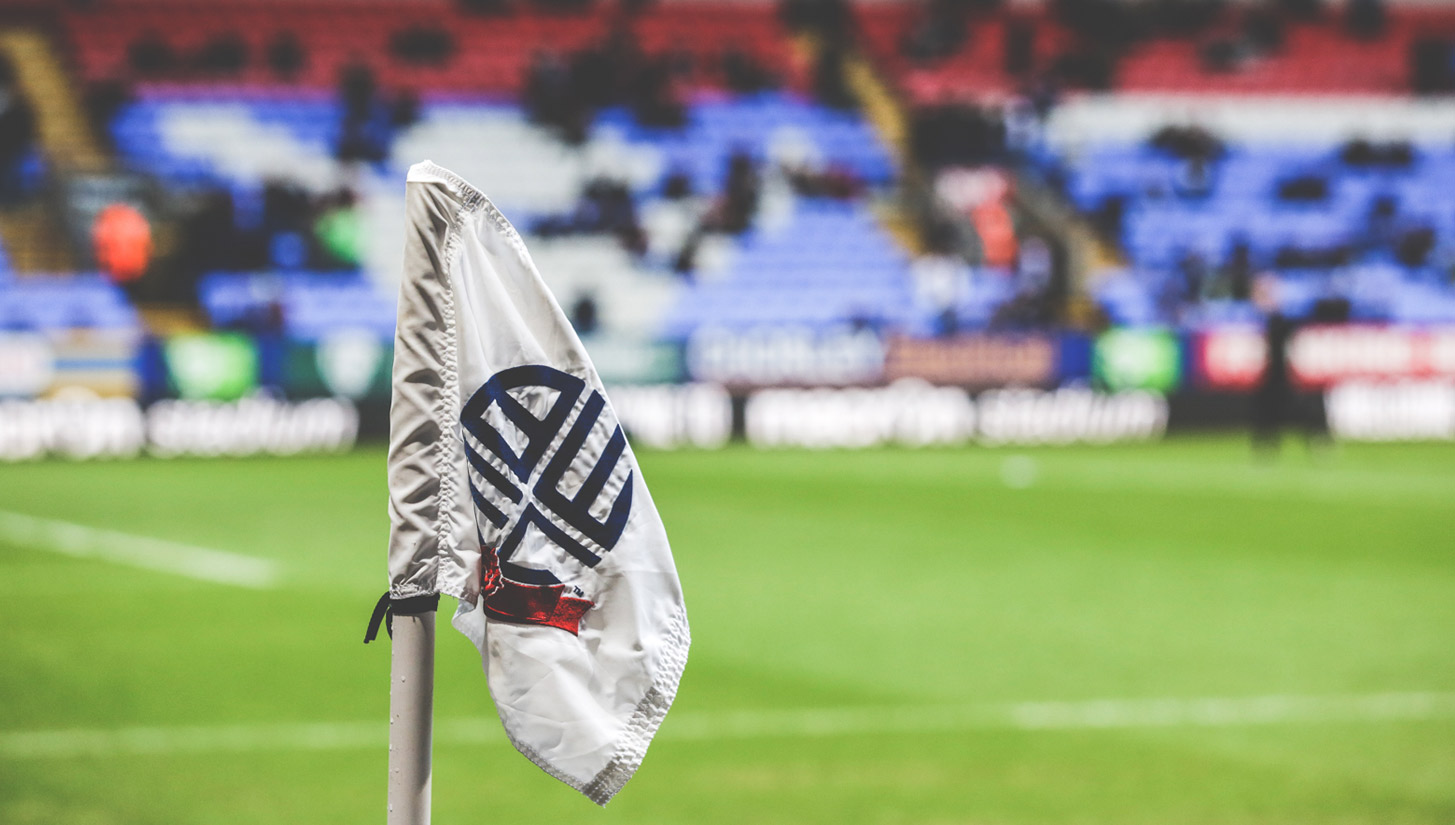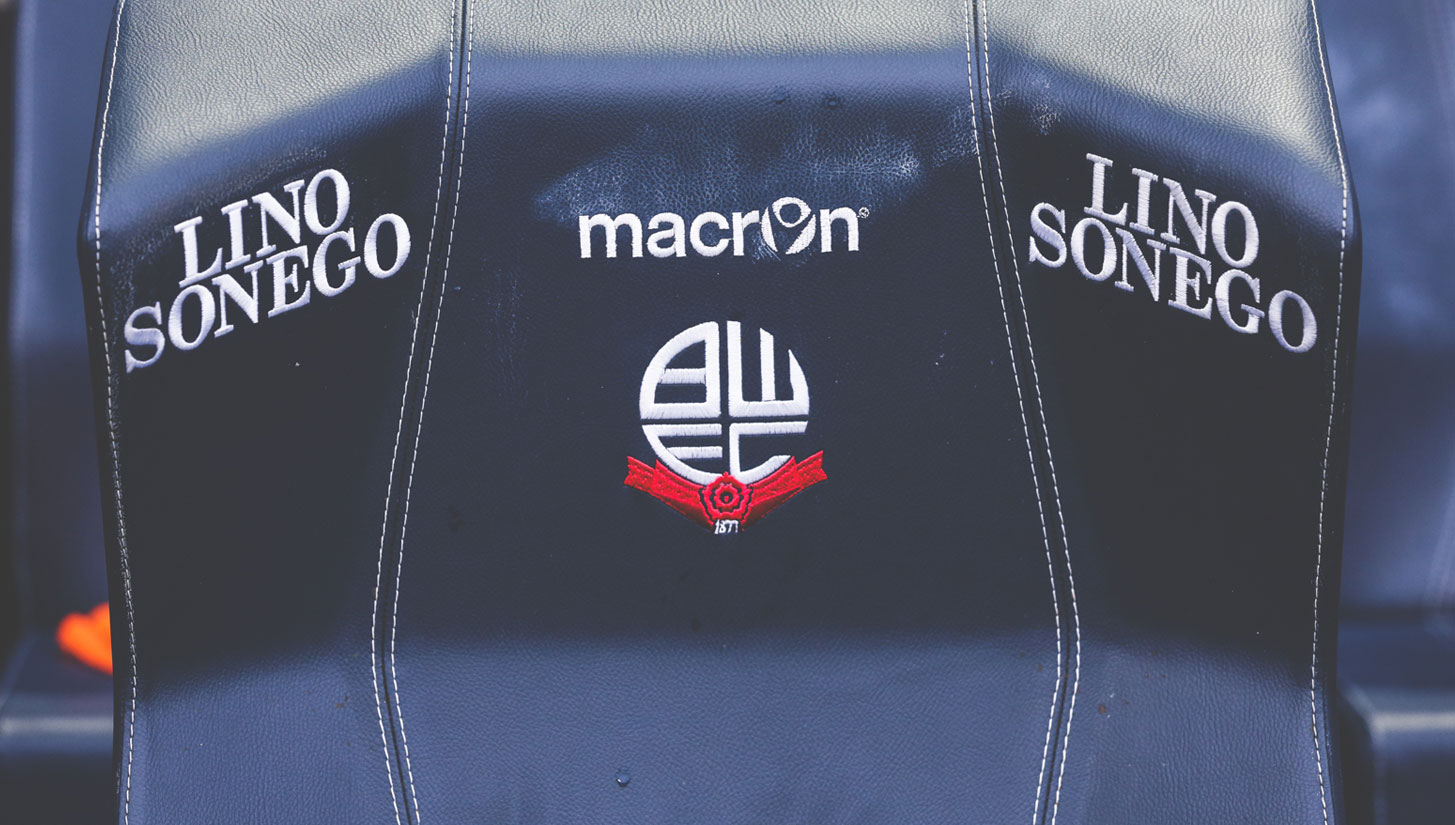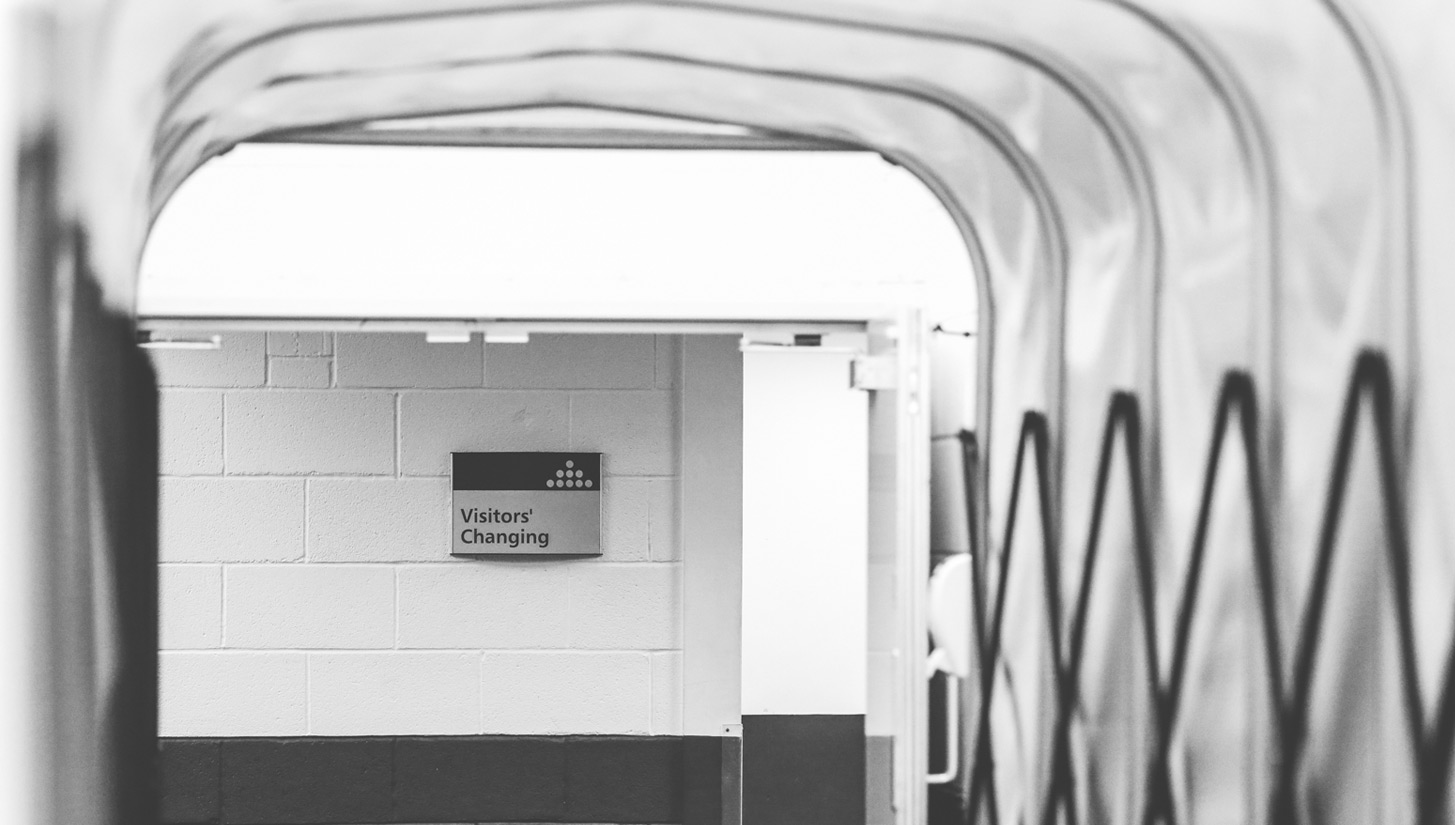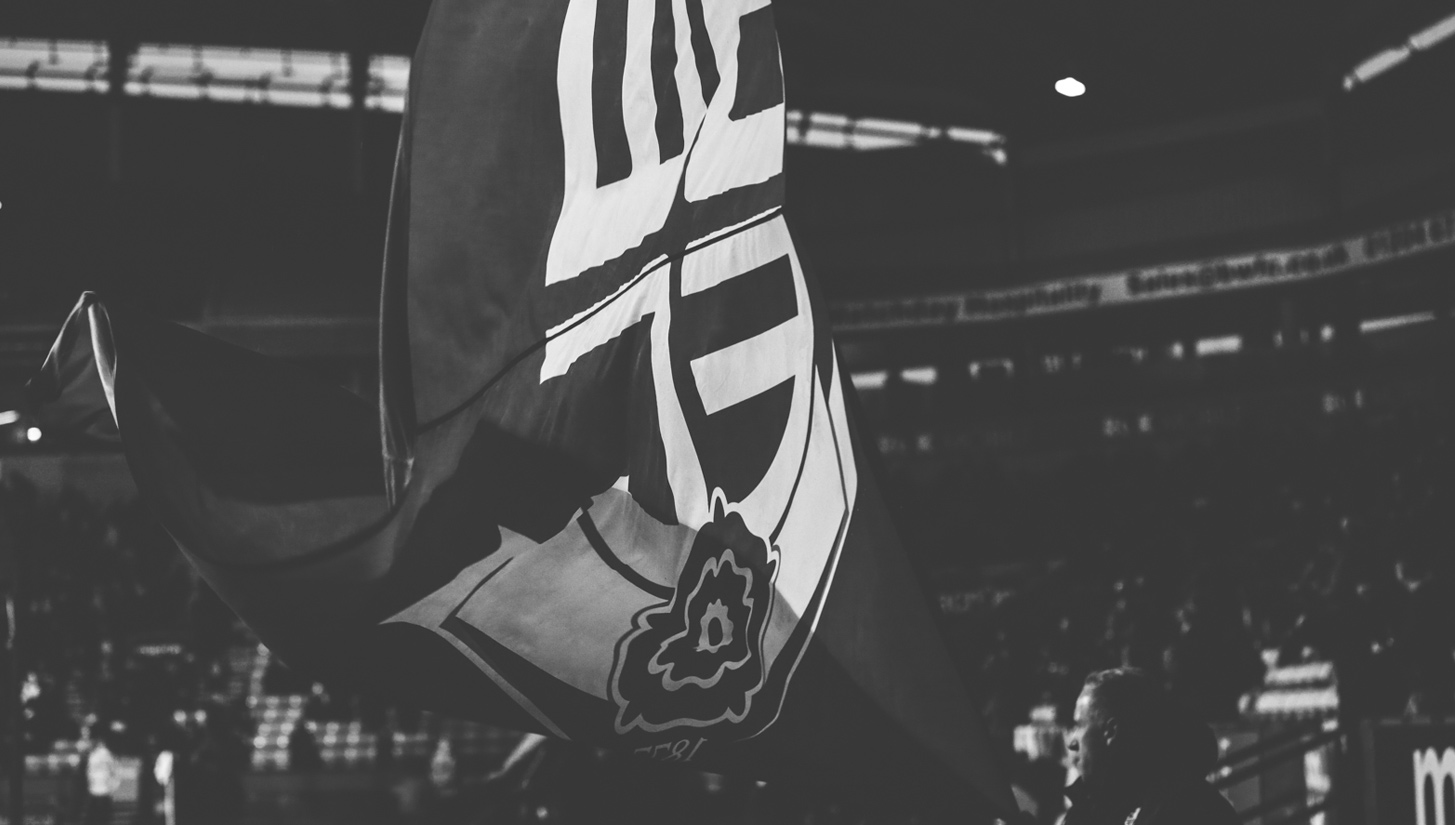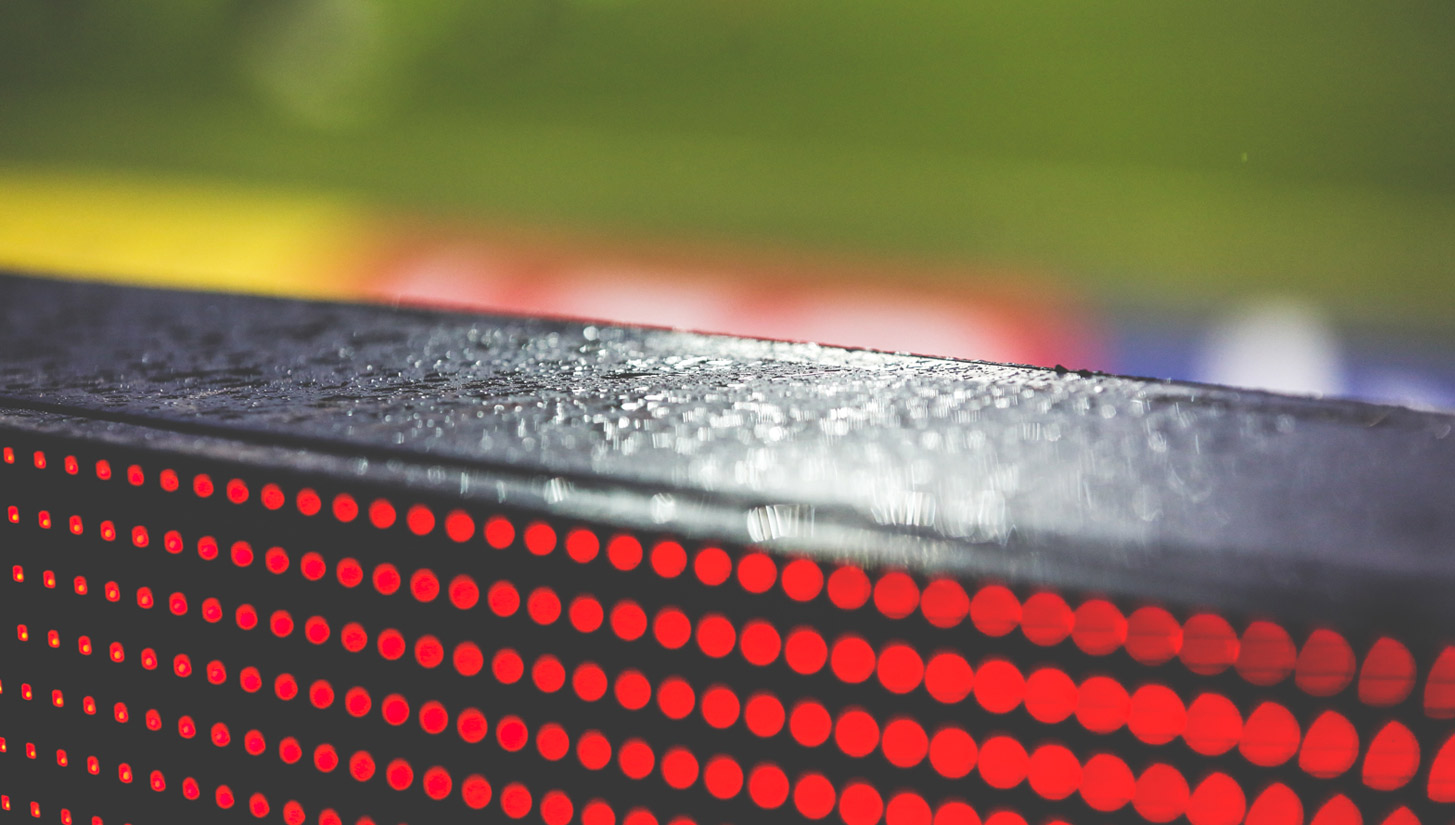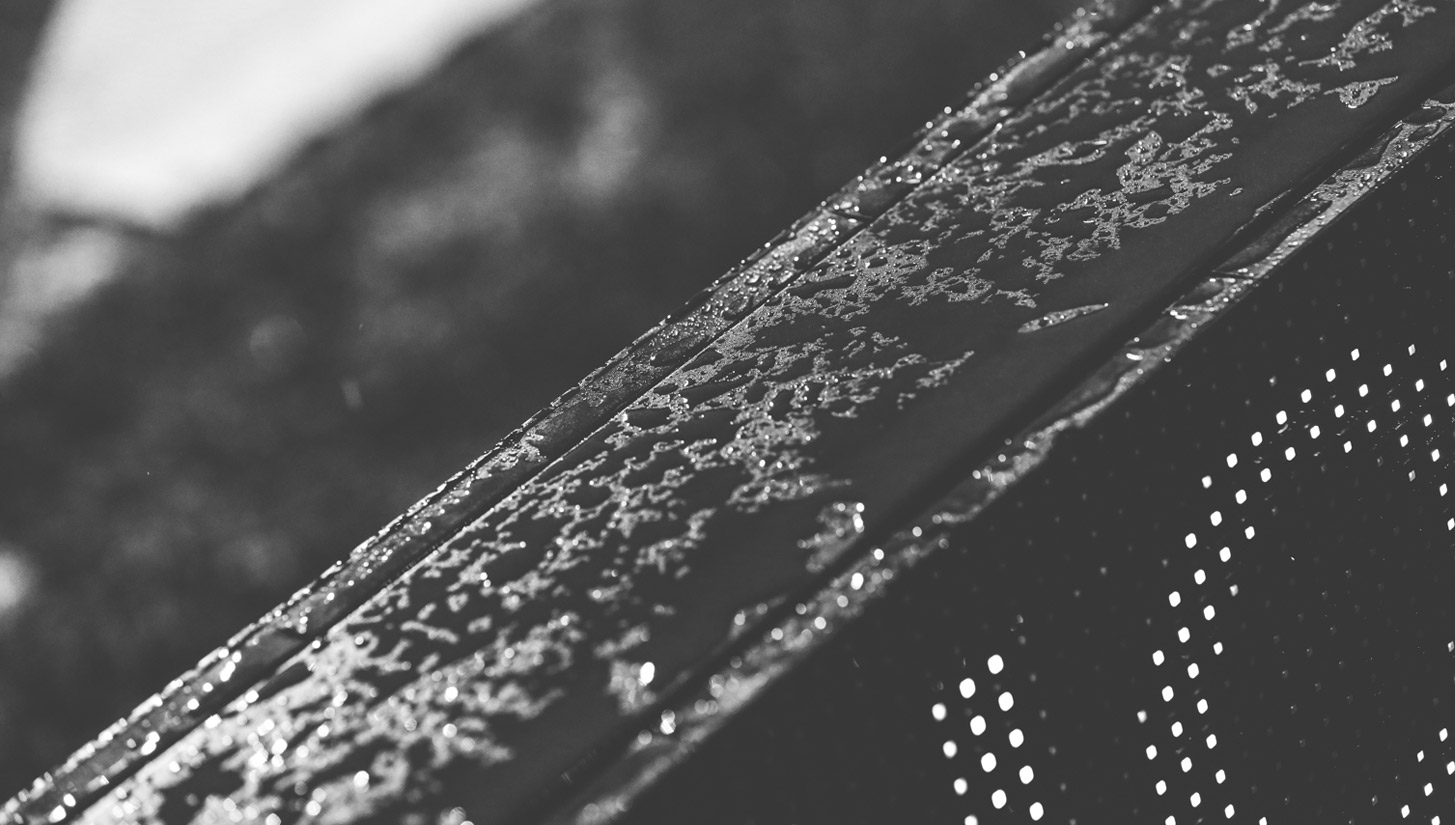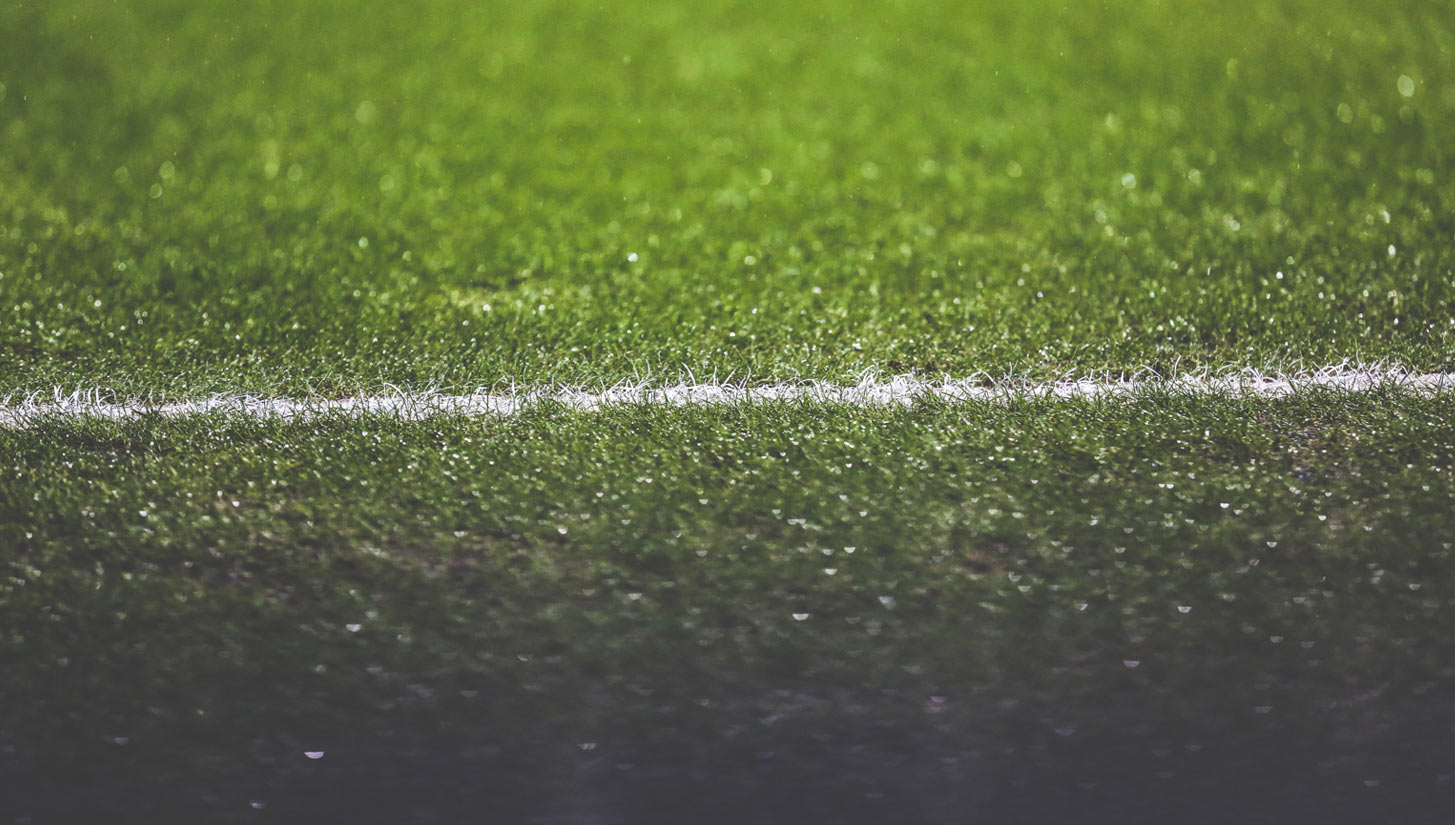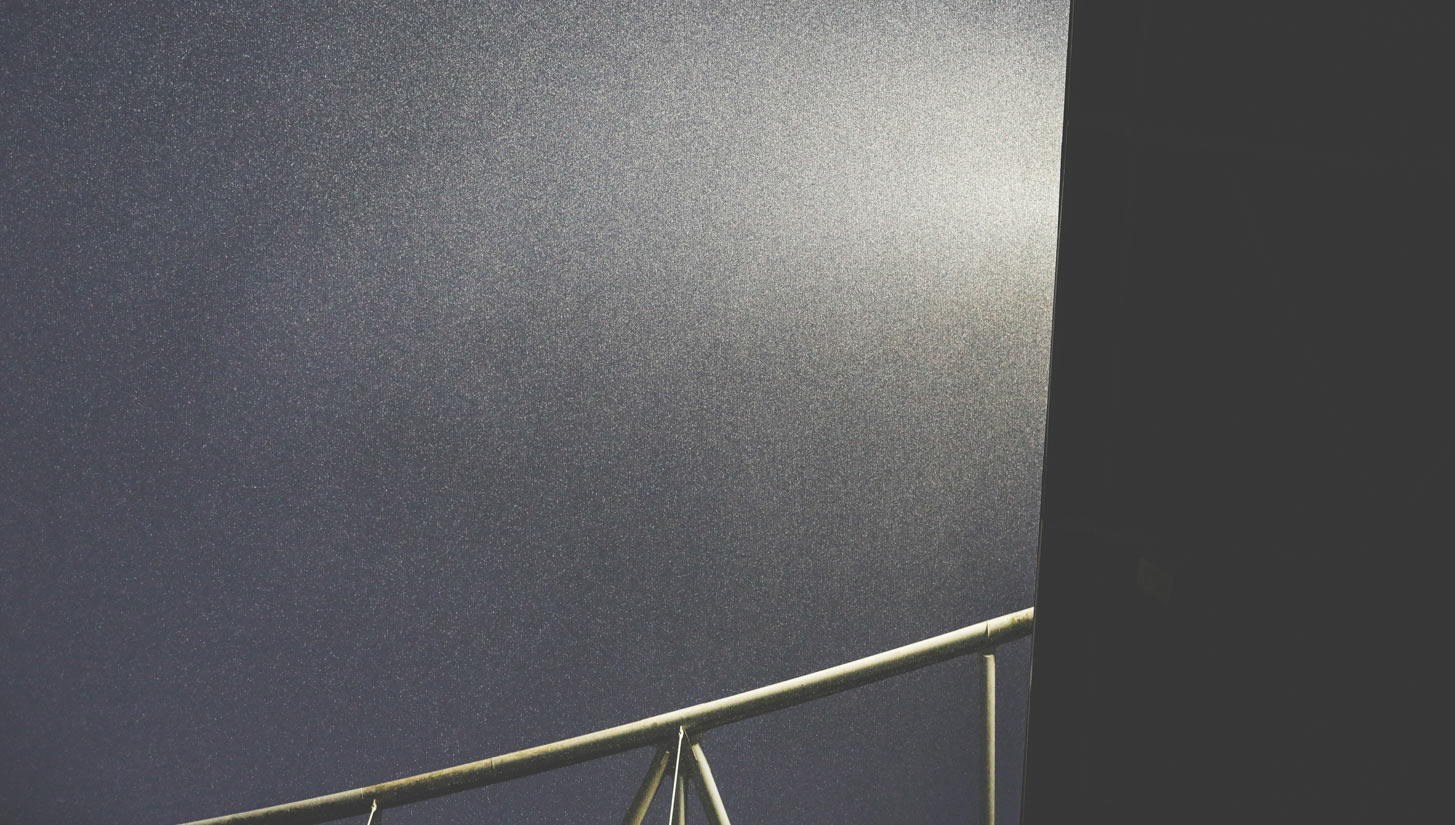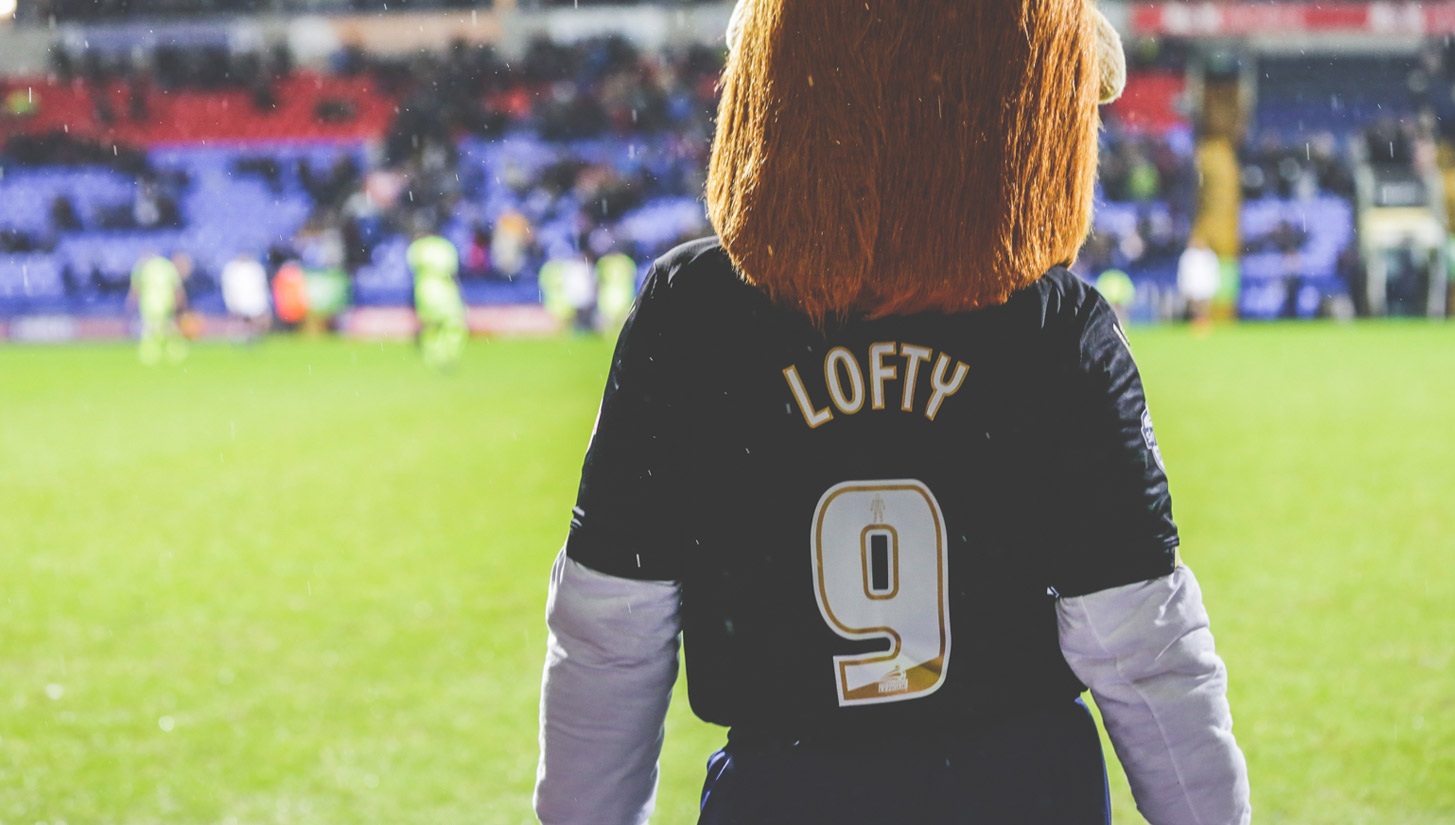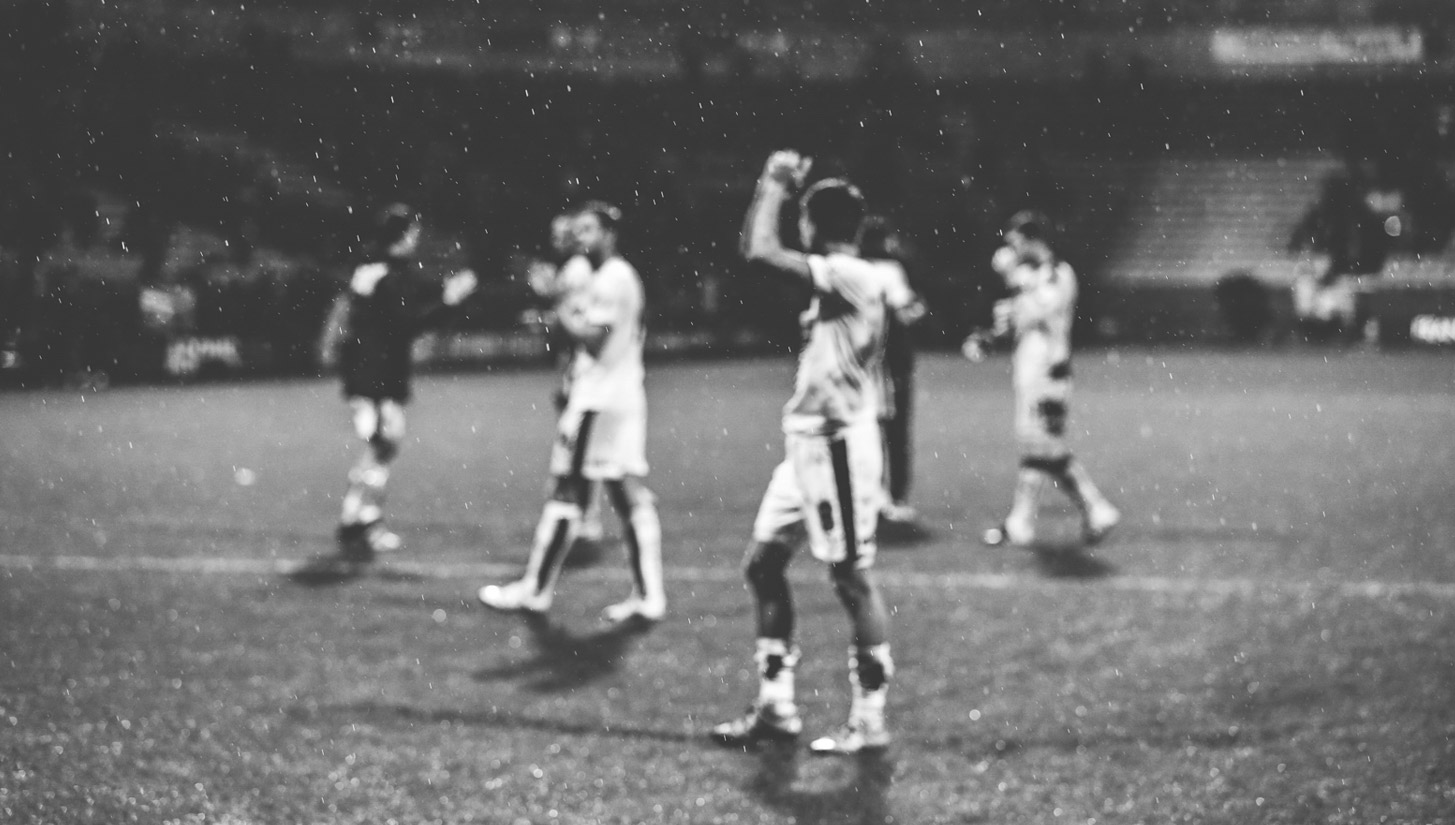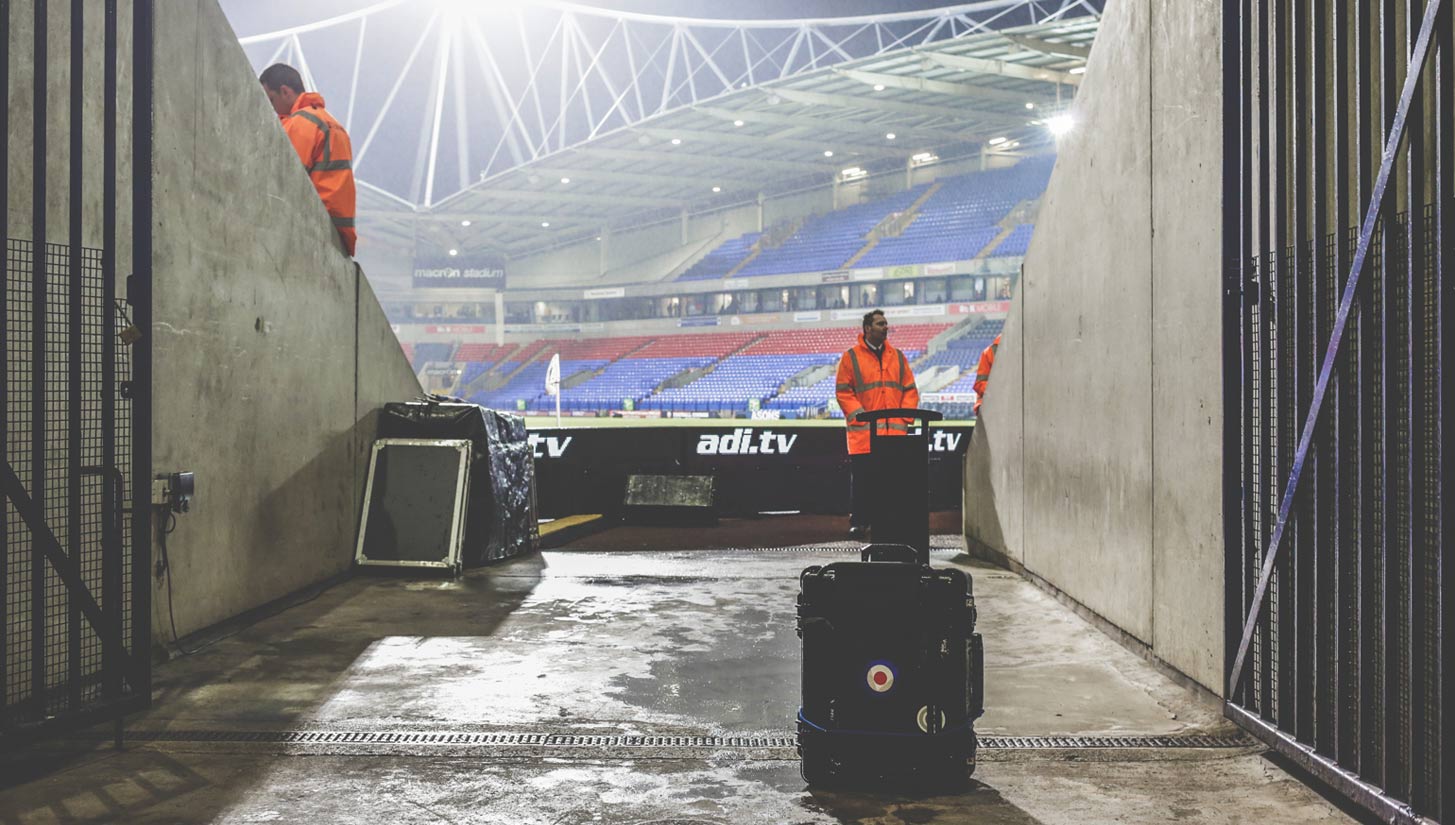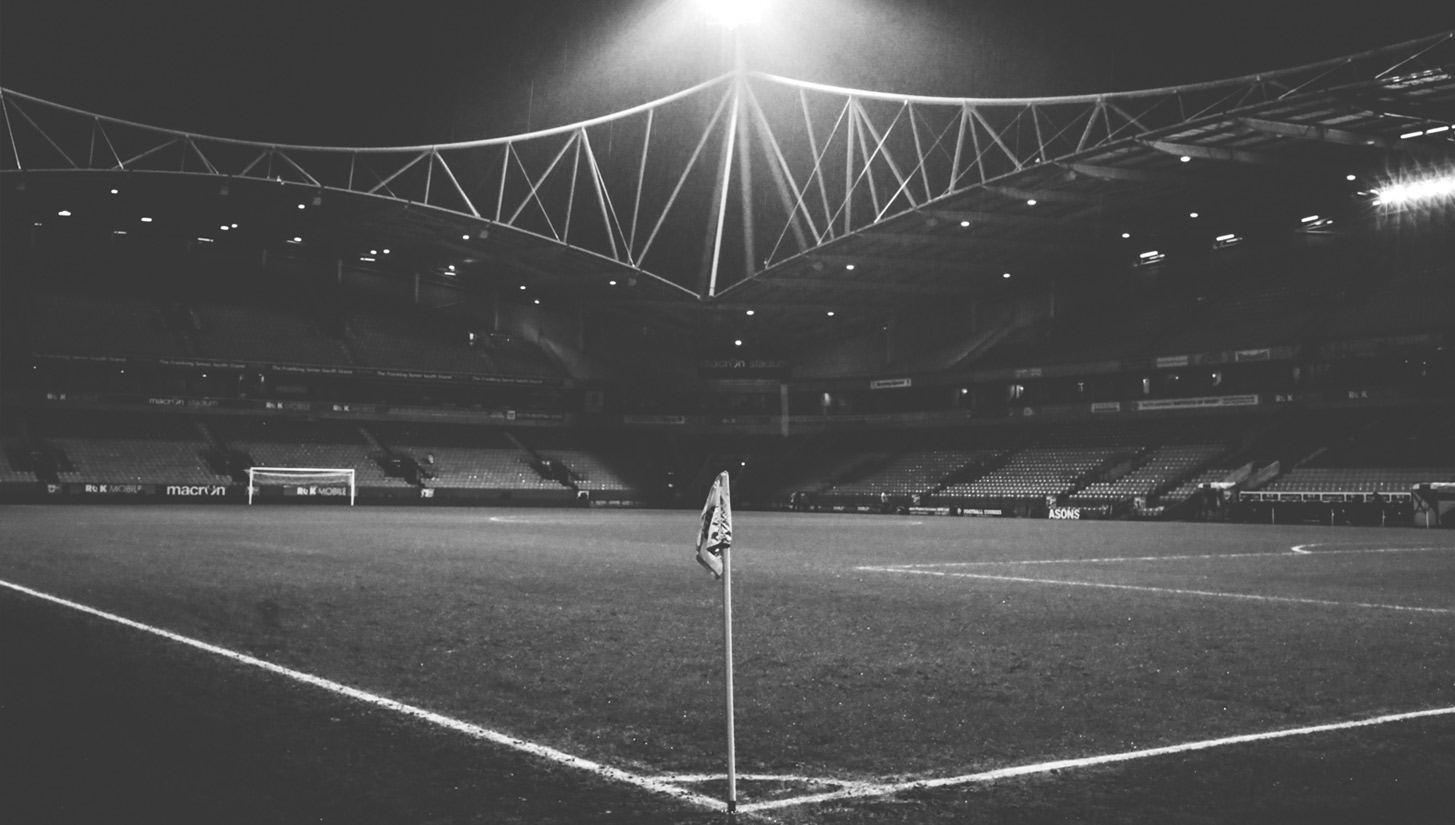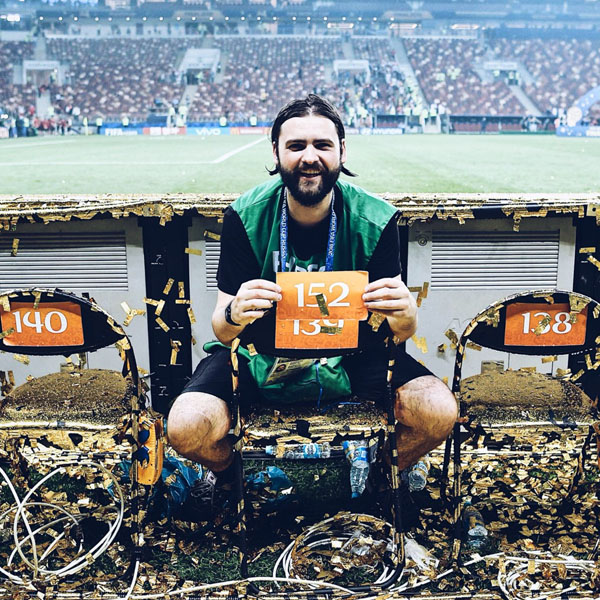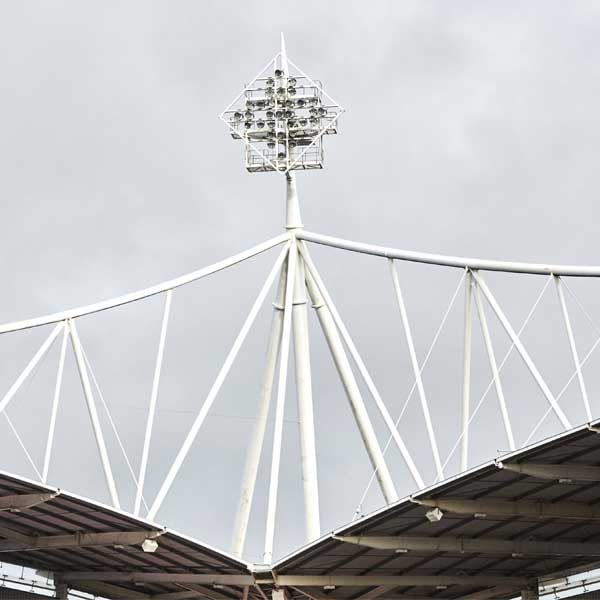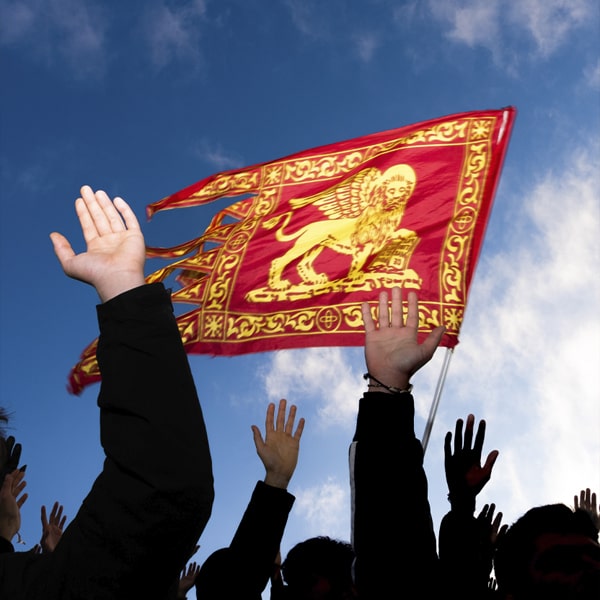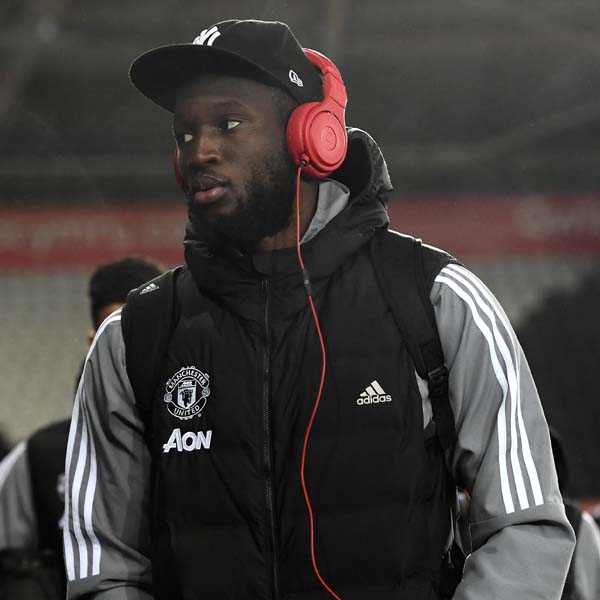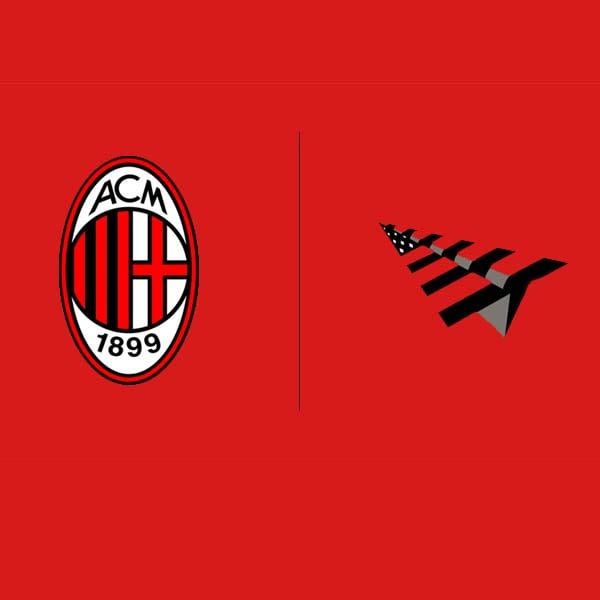A regular contributor as well as official photographer at Huddersfield Town, Robbie Jay Barratt is a man with an eye for the intricate. Capturing the beauty of the game in a typically unique style, we caught up with him to get a glimpse at what life is like on the road as a match day photographer.
To set the scene, at what age did photography grab you?
"I'd say it was about the time when I was doing my GCSE's at school. So around when I was 15-16. I stayed on at the school I was at to study my A Level's there, but quickly realised that studying a few subjects wasn't for me. So I left to solely go and concentrate on photography, of which I studied a two year course."
How did you find your way into football photography?
"I think football photography was always going to be my natural route in to photography. I've always loved playing or watching football, so if I was going to stop playing football myself it was only going to be for one reason, and that was to photograph it. And what more can you want than photographing the sport that you love?"
What's it been like working with Huddersfield? They seem to be a club that appreciates the need for creative thinking off the pitch.
"My time working with Town has been brilliant to date. I've been there for around 3 years now and they have always appreciated good quality images and liked the idea of diverse imagery. The design team off the pitch are superb."
How does a match day typically begin for you?
"A match day generally starts for me the night before. Making sure that all my batteries are charged for my cameras, checking that everything is still working as it should and packed up in my case. Check that I know where I am going and plan my route. Then it's all ready to go the next day, get up..have some breakfast then shoot off in the car!"
Whether you're on the road or at a home match, is there a routine you like to follow?
"I'd say that I have a general routine that I follow, yes. I wouldn't say it's a ritual like some football players have, I don't think that I'm going to have a bad day in terms of images if I don't rub my camera in a certain way before packing it up! I suppose I just like to get organised. There's nothing worse than rushing about at the last minute to find that you're batteries aren't charged!"
What's in the bag – what equipment do you use on a match day?
"Generally in my case I'll have two camera bodies, maybe even a film camera of some sort, normally my TLR. I'll have a standard zoom lens for a variety of shots such as certain images of the stadium, my zoom lens for general game action, managers, fans etc. Then a wide angle lens for any celebrations that come close to me, or if I want to tether a camera behind the goal to capture images from that angle. I'll also have my laptop, a flash gun and lots of waterproofs!"
That view so close to the action, how would you describe your vantage point?
"The view that we get is rather special in all fairness. There's nothing better than having the fans buzzin' behind you whilst a winger bombs it down the flank straight towards you, or when that goal goes in and the team come to celebrate right in front of you. The long trips in rubbish weather and the freezing cold is all worth it just for them moments; it's goose bump worthy. The view differentiates at a variety of grounds too, some grounds you can be in a pit where you're almost exactly at ground level, or the pitch may raise up so again you're on that level. These angles provide great compositions."
Have you been able to build a rapport with players at Huddersfield? Some must come in search of you when a goal goes in.
"Yeah, I have actually! Football players are renowned for being confident and they love having images of themselves. I suppose it's just the same as I like having an image of myself photographing, it's a proud thing. When Adam Hammill was with the club, we got on rather well. He would always come in search of me when he scored! The same currently with Sean Scannell, he's a great character just like Adam and loves images of himself. He often reposts my images of him on Instagram."
What's been the greatest experience for you from the side of the pitch to date - you must have seen some special moments?
"My most special moment was actually probably whilst photographing for Town, the last game of the season against Barnsley on the 4th of May 2013. A utterly crazy game of football which simply sums up why we all love the game so much. Truly defied the odds!"
"Both teams could have gone down over the 90 minutes, however the game finished 2-2 and both teams actually stayed up in the end. The scenes at the final whistle where euphoric with both sets of fans/players/management staff celebrating on the pitch. The players didn't even kick the ball for the last few minutes of the game to keep the result the same."
"Another highlight would be when I photographed Man City in the Champions League against CSKA Moscow. This was something rather different, my first taste of photographing foreign fans, and the Russian's are unbelievably passionate."
Equally, you must have visited some interesting and perhaps unexpected places. Are there any grounds or places that stick out for unconventional reasons?
"I'm a big lover of a lot of the northern clubs in all honesty, I'm not biased at all! One of the places that always sticks in my mind is actually Turf Moor at Burnley, just down the road! They still have the old wooden seats in one of the stands. I'm all for that 'old football' and grounds that still have their original heart really appeal to me. Others such as Elland Road, Hillsbrough... you can almost smell all the history of the clubs when you walk in to them."
"In terms of more modern stadiums, a southern one for me is Loftus Road, QPR. The size of the stadium is so physically perfect and always makes for great images. The Etihad I love for a number of reasons, the main one being the photographers room; 'Rose's Photographers Room' is possibly the most brilliantly weird thing I've come across so far in my photographic career, it's just sublime - Google it! Apart from that, as soon as you walk in to the Etihad it has that religious feel about it, almost church like. From the sky blue seats to the dugouts, it's top notch."
At what point does your working day finish on a match day?
"That all depends on what time the kick off is, whether its an early 12 o'clock, a normal 3 o'clock or an evening game. If we're talking a typical 3 o'clock match day at home, I'll arrive at the ground for 1-ish and then could still be there for two hours after the game has finished. To put it into comparison with an away day, I recently went down to Brighton last weekend with Town and that was probably one of the longest days I have. 7:15am start in the morning and then not getting back through my front door till 11:00pm at night. A lot of travelling!"
Could you offer any advice as to how to break into such a competitive industry?
"I'm not very good at advice, I've just always done what I've done! But what I would say is don't be scared about being a pain in the arse to people; asking them questions, getting vital information that could help you - building up contacts in the industry is very important. Always strive to do better and get your work out to the world. It's no good being stuck on your camera! Social media is a massive tool these days. And be confident, if you can't be confident in your own work then how can you expect others to be?"
Finally, like any art it's all about the journey and perfecting your craft. Are there any places you look for inspiration?
"It may sound cliche, but inspiration is everywhere. Personally I'm always switched on; Ill see things such as locations, or different compositions or lighting scenarios that could work just in a day to day basis and then feed them back to whatever I'm shooting."
"Personally I like to go to galleries, I try and catch as many photographic exhibitions as I can. Publications are also a good source of inspiration for me, it's great to see work in actual print form instead of just the everyday screens. But I think the biggest inspirations have to come from yourself and your own desire to achieve your goals, to see and think differently. That's important."
Look out for more of Robbie's work here.
